
Off the
Record
May 31, 2018
SFJAZZ Center
As promised, here’s the recap of the TMG 33 1/3 Anniversary Forum. Below are highlights from the event as we asked “What will our region look like in the next 1/3 of a century?” See what people are saying and share your comments.
Video Highlights
Sound Bites
Photo Gallery
Speaker Biographies
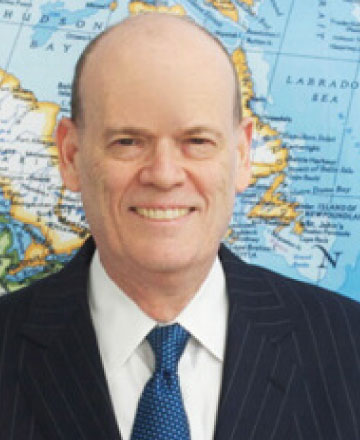
Michael Mandelbaum
Johns Hopkins foreign policy specialist and bestselling author Michael Mandelbaum is known for his ability to explain the meaning and consequences of complicated global developments and trends. The New York Times called him “one of the country’s leading public intellectuals,” and Foreign Policy magazine named him one of the Top 100 Global Thinkers.
Co-written with Thomas Friedman, Mandelbaum’s That Used to Be Us: How America Fell Behind in the World It Invented and How We Can Come Back, debuted at #2 on The New York Times Best-Seller List. Library Journal called it “a book of exceptional importance” that “should be read by policymakers and every American concerned about our country’s future.”
Mandelbaum is the author or co-author of 16 books, including The Case for Goliath, Democracy’s Good Name, The Meaning of Sports, and The Frugal Superpower, which The Financial Times named one of the best non-fiction books of 2010. His classic, The Ideas That Conquered the World, has been translated into seven languages, including Chinese and Arabic. Henry Kissinger praised it as “illuminating and thought-provoking.”
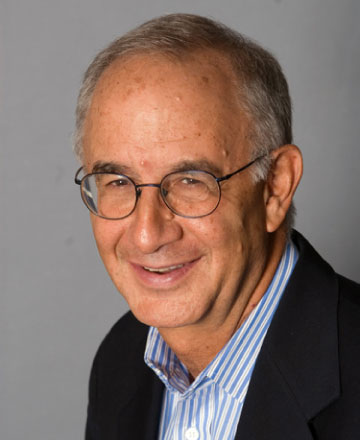
Peter Hart
Peter D. Hart is regarded as one of the top analysts of public opinion in the United States. He is a leading shaper of national trends and political messages. He founded Hart Research in 1971, and since 1989 has been the pollster for NBC News and The Wall Street Journal. He has represented more than 55 US senators and 40 governors. His work with Hart Research has focused on public policy and cultural issues and has included work for clients such as the Smithsonian Institution, Habitat for Humanity, UNICEF, and the Bill & Melinda Gates Foundation.
For the past 30 years, he has been a Woodrow Wilson Visiting Fellow. He has taught public opinion and public policy at Duke University, the Annenberg School for Communication at the University of Pennsylvania, and the University of California, Berkeley. He was a Shorenstein visiting fellow teaching at the JFK School at Harvard University.
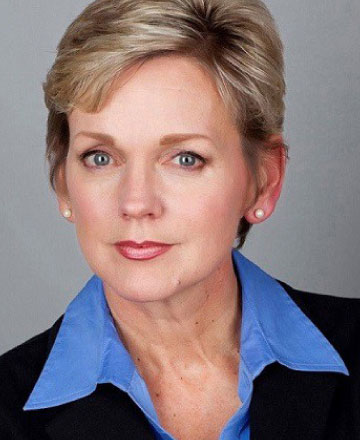
Jennifer Granholm
Former two-term governor of Michigan, Jennifer M. Granholm led Michigan though a period of unprecedented economic challenge and change. Granholm became the first woman to be elected as governor of Michigan in 2002, and in 2006 she was re-elected with the largest number of votes ever cast for governor in the state.
Granholm was governor of Michigan until 2011. Prior to being elected governor, she was the Michigan attorney general from 1998–2002. After leaving public office, Granholm joined the faculty at UC Berkeley, teaching courses in law and public policy, and serving as a Senior Research Fellow at the Berkeley Energy and Climate Institute. In that capacity, Granholm is chair of the American Jobs Project, a multi-university research initiative focused on state-based policies to create advanced manufacturing jobs in clean energy. Granholm is a senior contributor to CNN, the Managing Partner for the Sustainability Group of Ridge-Lane LP, and the CEO of Granholm Mulhern Associates, and serves on several boards of start-up companies and nonprofits. She is also the co-author of the political bestseller, A Governor’s Story: The Fight for Jobs and America’s Economic Future, and was co-chair of Hillary Clinton’s 2016 presidential transition team.
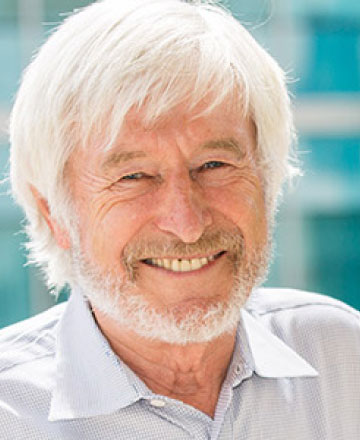
Regis Kelly, PhD, OBE
Dr. Regis B. Kelly is the Director of QB3, one of the four California Institutes for Science and Innovation. The QB3 innovation team converts discoveries into practical benefits for society. As Director, Dr. Kelly helped launch two QB3-associated companies: QB3@953, a Life Sciences Startup incubator, and Mission Bay Capital, a venture fund. As a result of his experiences, Dr. Kelly was seconded as Senior Advisor on Innovation and Entrepreneurship to the President of the University, Janet Napolitano, in 2014 and 2015.
Prior to joining QB3 in 2004, Dr. Kelly served as executive vice-chancellor at UCSF and Chairman of the Department of Biochemistry and Biophysics. He holds the inaugural Byers Family Distinguished Professorship. His academic research was in the field of molecular and cellular neurobiology. His training was at Harvard, Stanford, Caltech and the University of Edinburgh. He has served on many national and international boards. In 2014 he was appointed an officer of the Order of the British Empire (OBE) for services to science, innovation, and global health.
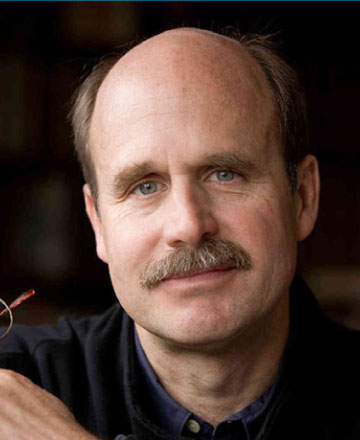
Paul Saffo
Paul is a forecaster with over two decades experience exploring the dynamics of large-scale, long-term change. He teaches forecasting at Stanford University and chairs the Future Studies and Forecasting track at Singularity University. Paul is also a non-resident Senior Fellow at the Atlantic Council and a Fellow of the Royal Swedish Academy of Engineering Sciences. Paul serves on a variety of not-for-profit boards including the Long Now Foundation, and the Bay Area Council Economic Institute. Paul’s essays have appeared in a wide range of publications including The Harvard Business Review, Fortune, Foreign Policy, Wired, The Los Angeles Times, Newsweek, The New York Times, and the Washington Post. Paul holds degrees from Harvard College, Cambridge University and Stanford University.
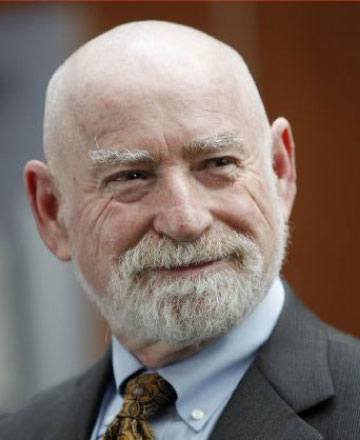
Peter Schwartz
Peter Schwartz is an internationally renowned futurist and business strategist, specializing in scenario planning and working with corporations, governments, and institutions to create alternative perspectives of the future and develop robust strategies for a changing and uncertain world. As Senior Vice President of Strategic Planning for Salesforce, he manages the organization’s ongoing strategic conversation. Peter leads the Salesforce Futures LAB — a collaboration between strategic thinkers at Salesforce and its customers around provocative ideas on the future of business.
Prior to joining Salesforce, Peter was co-founder and chairman of Global Business Network. He is the author of several works. His first book, The Art of the Long View, is considered a seminal publication on scenario planning. Peter has also served as a script consultant on the films “The Minority Report,” “Deep Impact,” “Sneakers,” and “War Games.” He received a B.S. in aeronautical engineering and astronautics from Rensselaer Polytechnic Institute in New York.
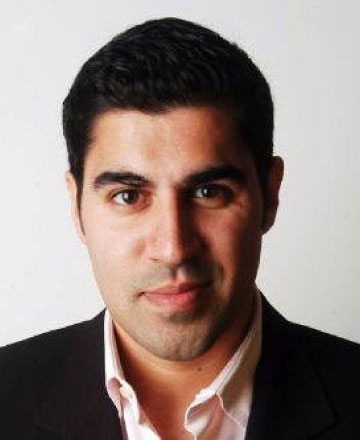
Parag Khanna
Parag Khanna is a leading global strategist, world traveler, and best-selling author. He is a Senior Research Fellow in the Centre on Asia and Globalisation at the Lee Kuan Yew School of Public Policy at the National University of Singapore. He is also the Managing Partner of Hybrid Reality, a boutique geostrategic advisory firm, and Co-Founder & CEO of Factotum, a leading content branding agency.
Parag’s latest book is Technocracy in America: Rise of the Info-State (2017). He is author of a trilogy of books on the future of world order beginning with The Second World: Empires and Influence in the New Global Order (2008), followed by How to Run the World: Charting a Course to the Next Renaissance (2011), and concluding with Connectography: Mapping the Future of Global Civilization (2016). He is also co-author of Hybrid Reality: Thriving in the Emerging Human-Technology Civilization (2012). In 2008, Parag was named one of Esquire’s “75 Most Influential People of the 21st Century,” and featured in WIRED magazine’s “Smart List.” He holds a PhD from the London School of Economics, and Bachelors and Masters degrees from the School of Foreign Service at Georgetown University. He has traveled to more than 100 countries and is a Young Global Leader of the World Economic Forum.




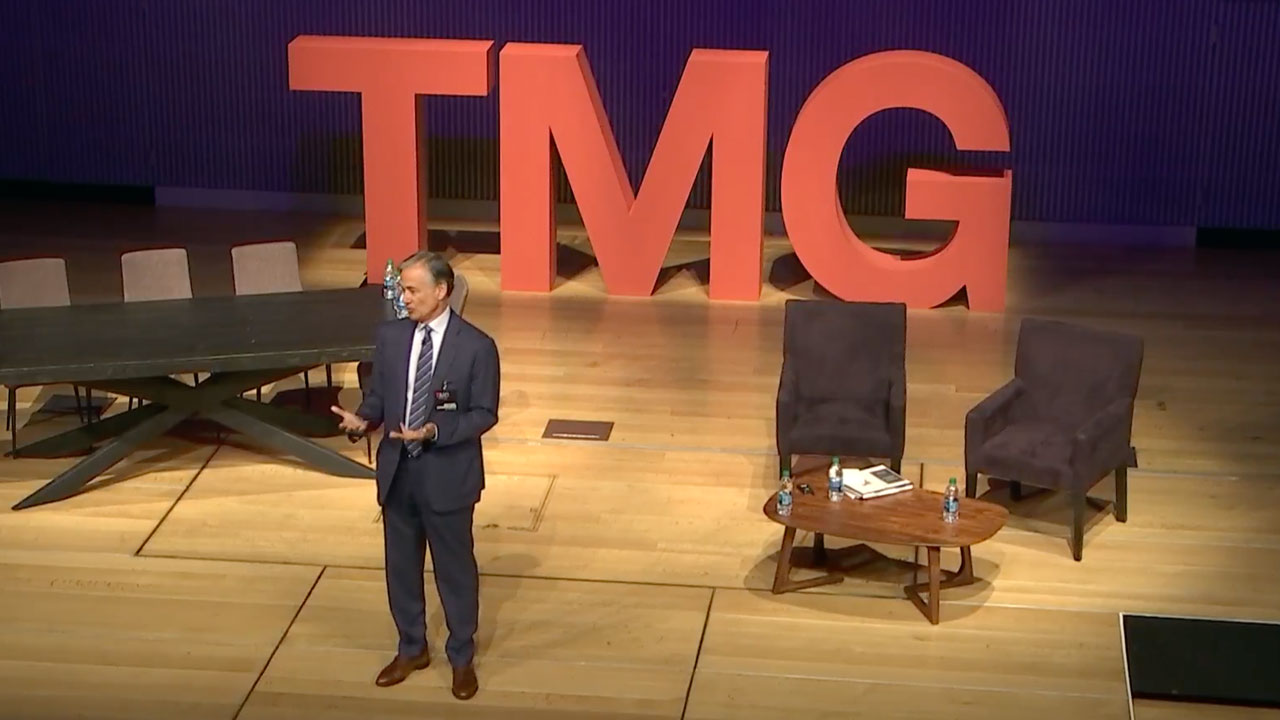
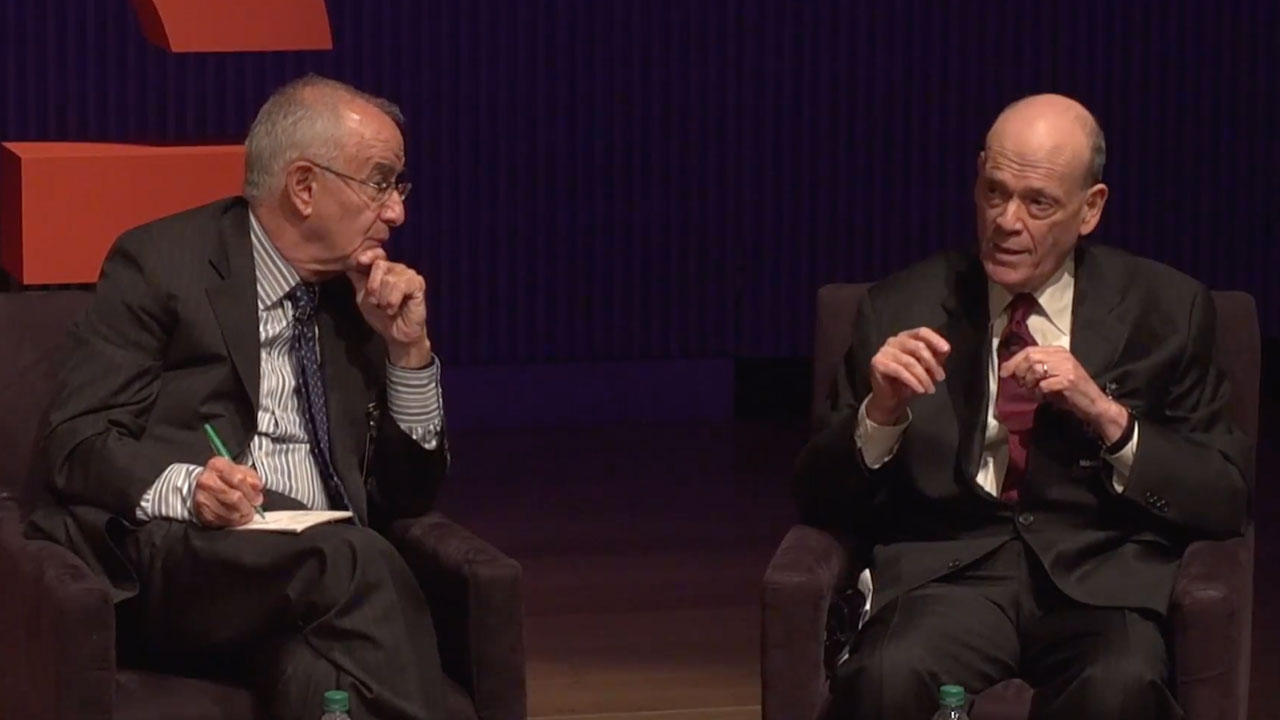
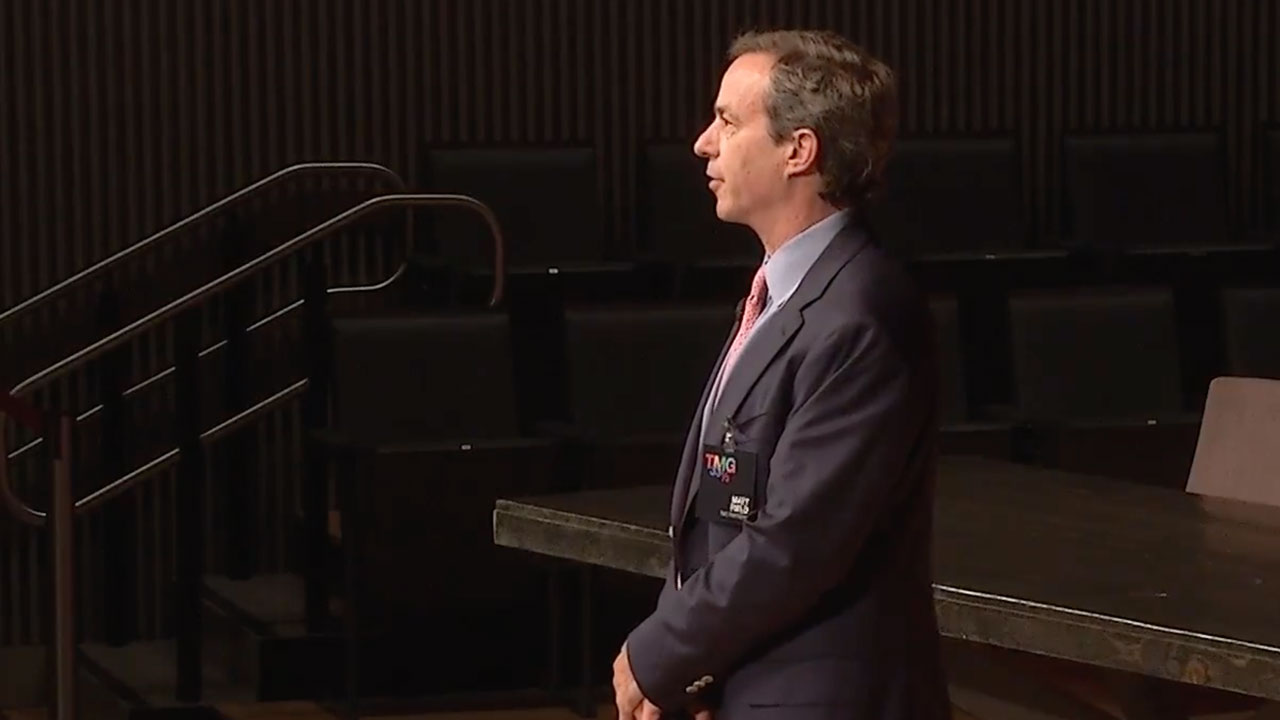
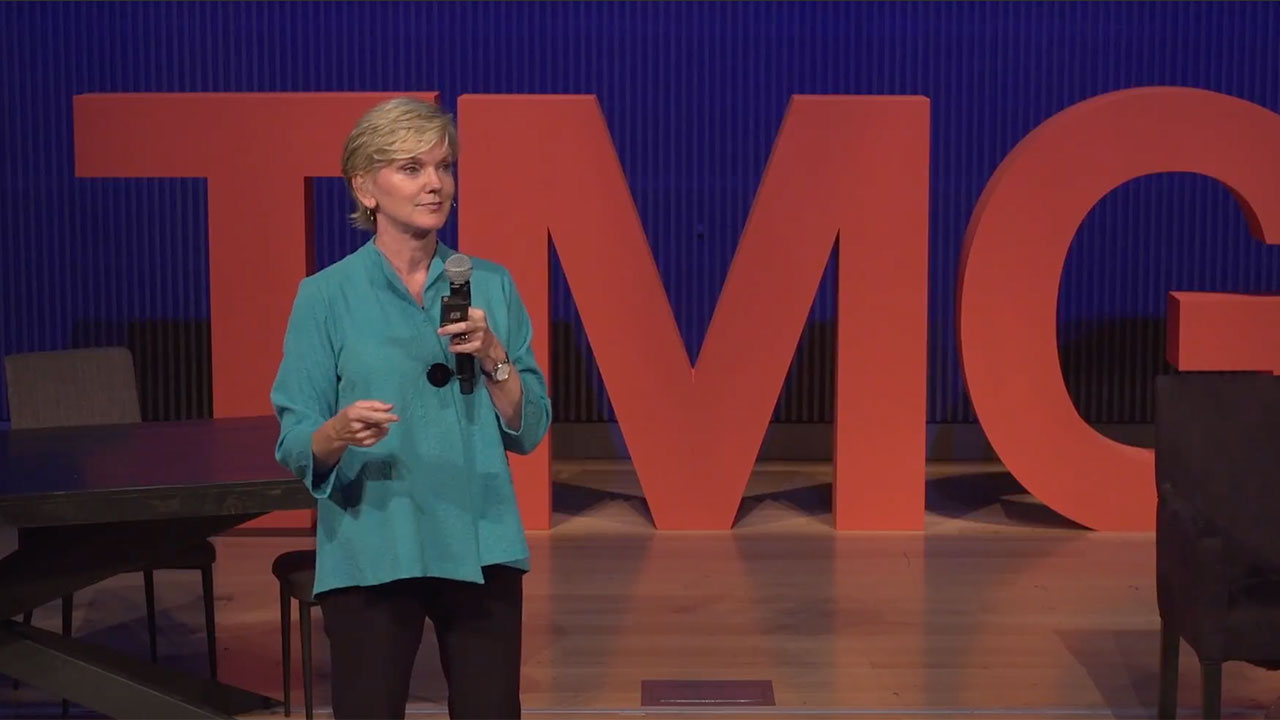
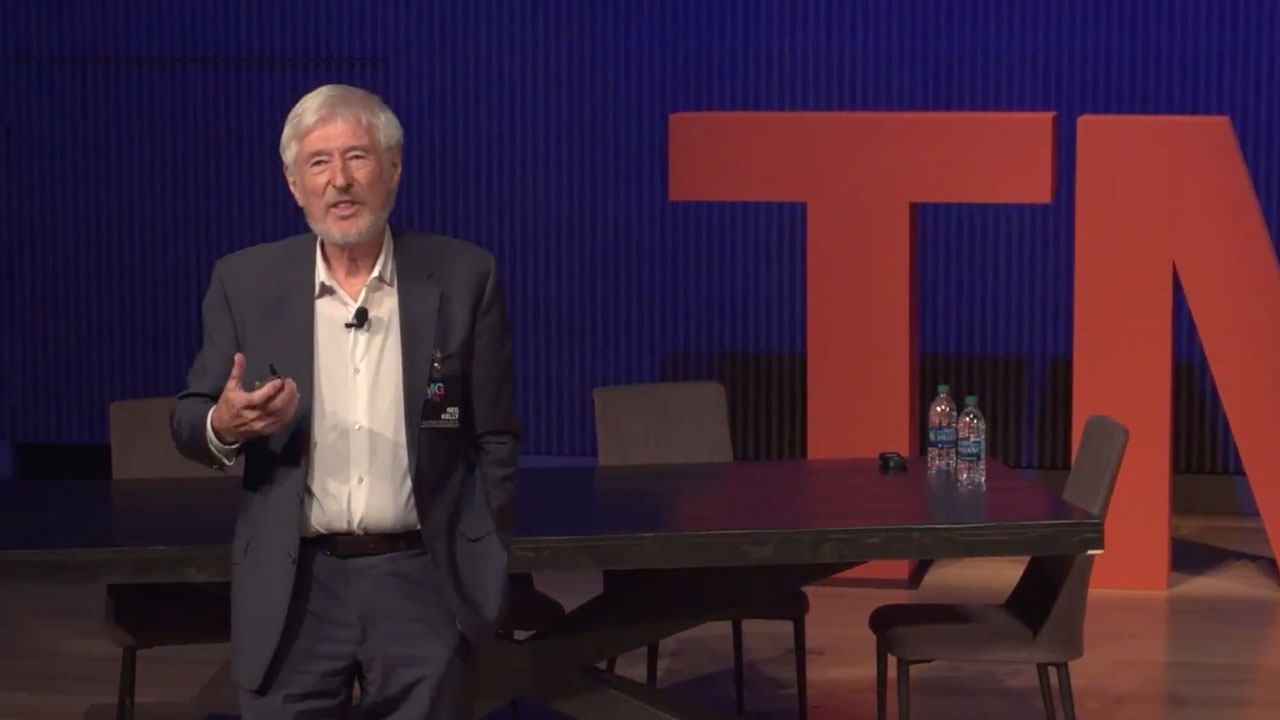
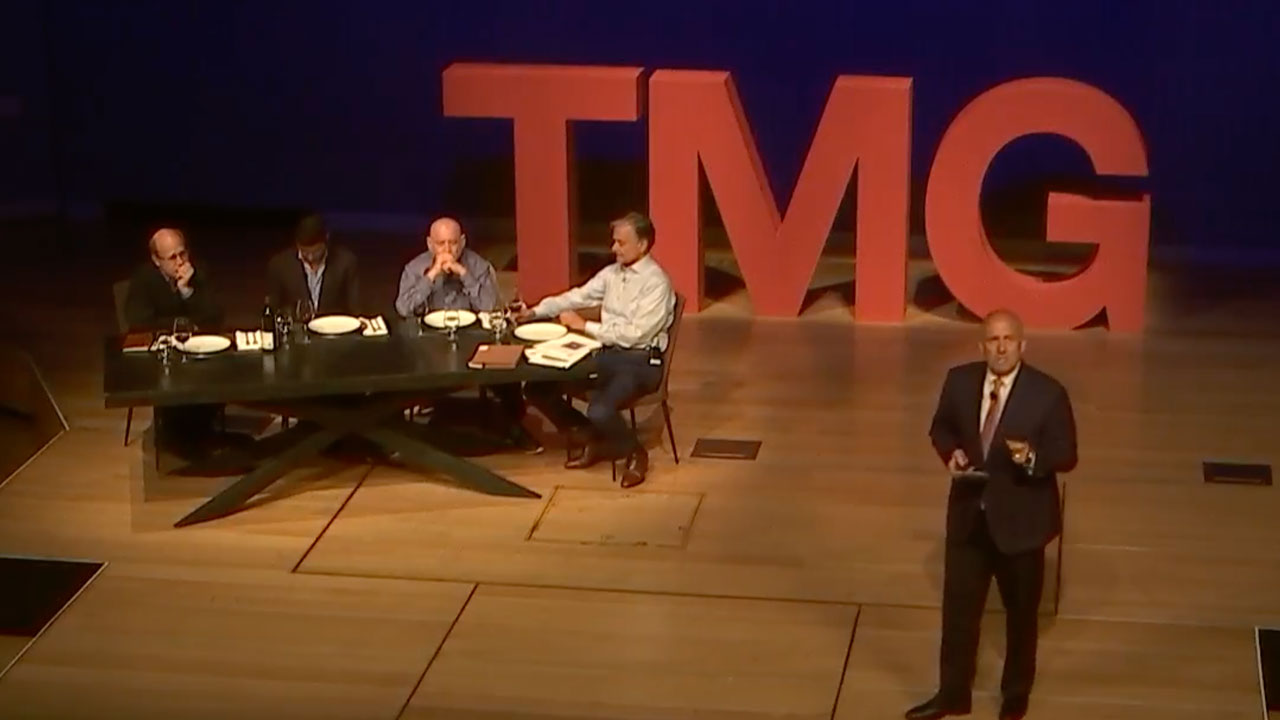
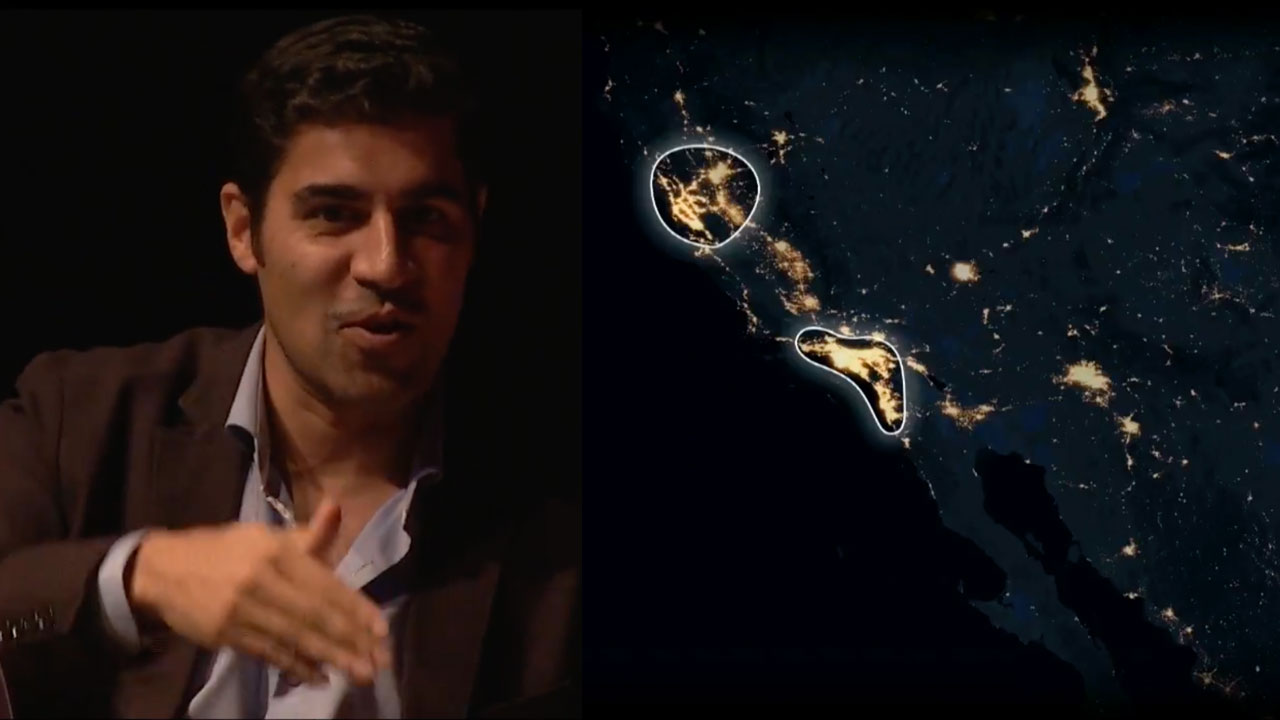
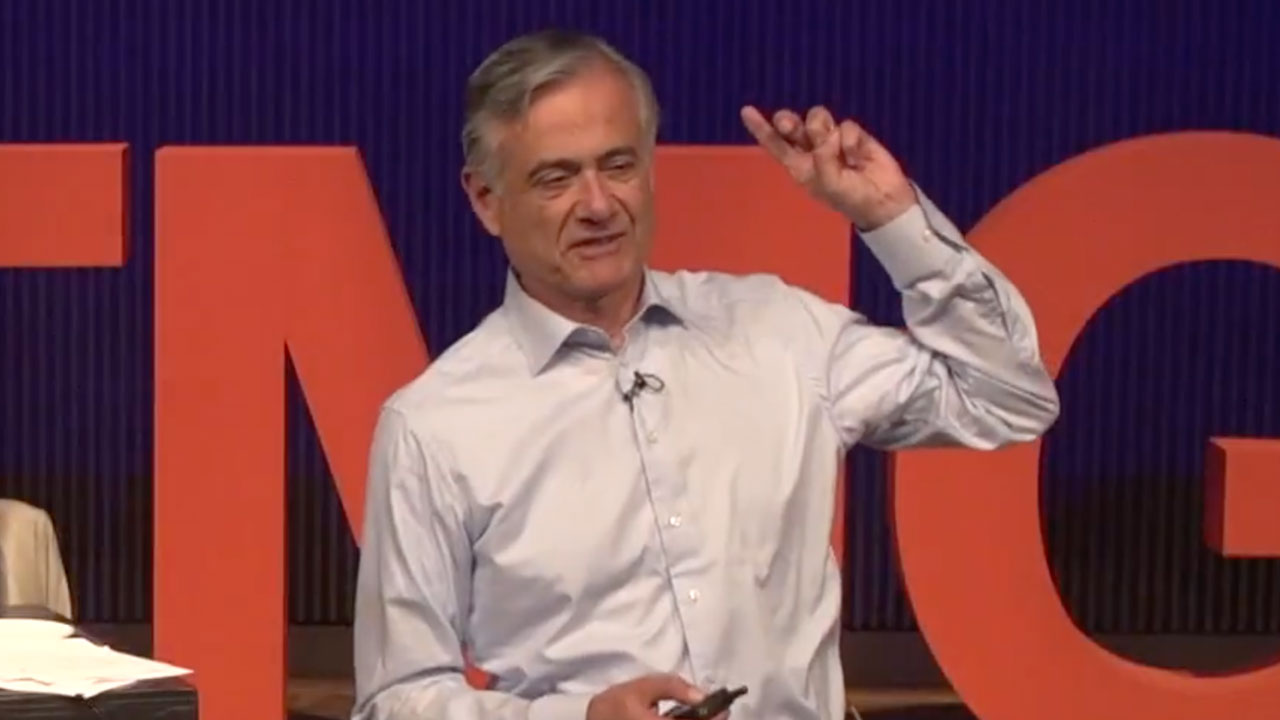
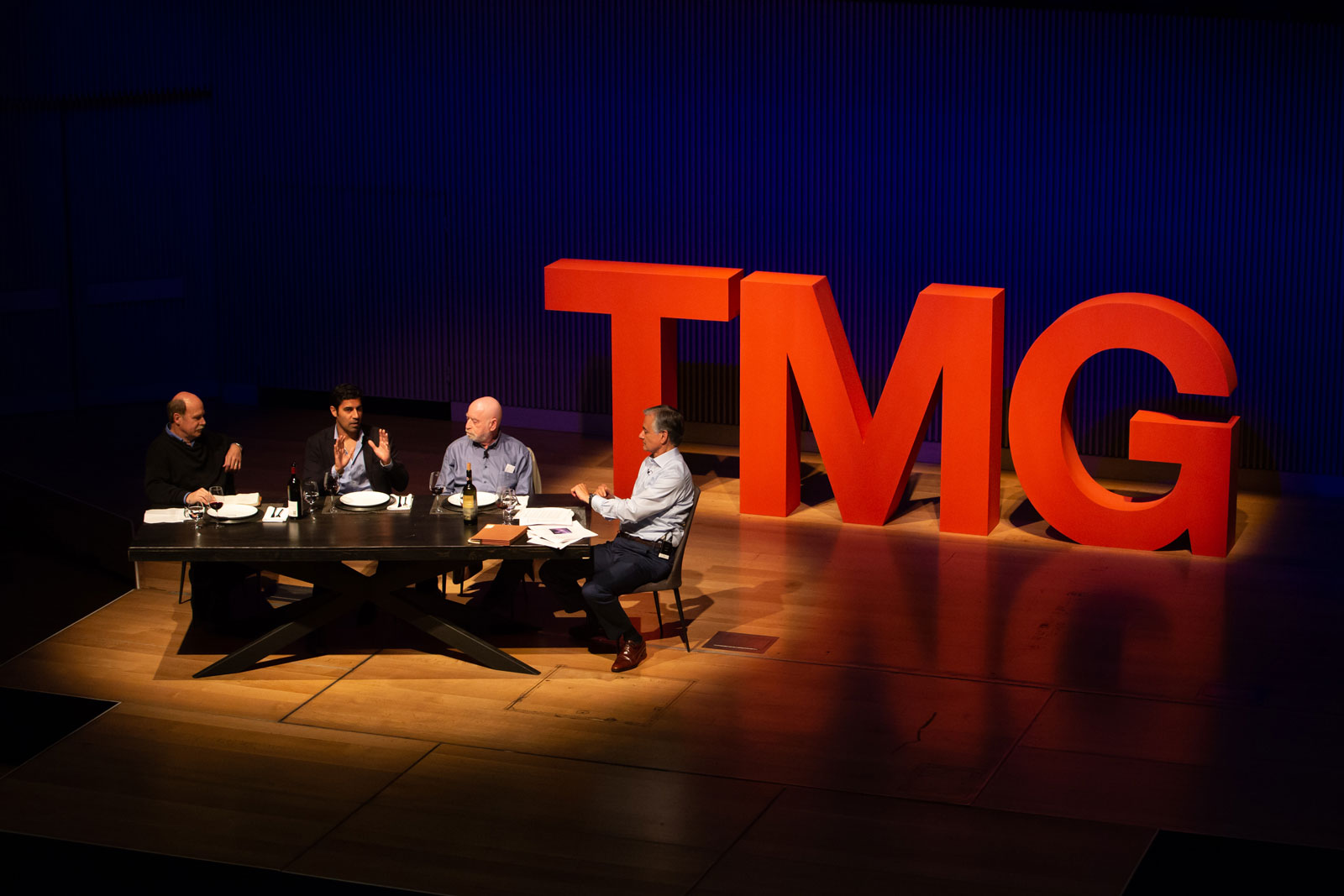
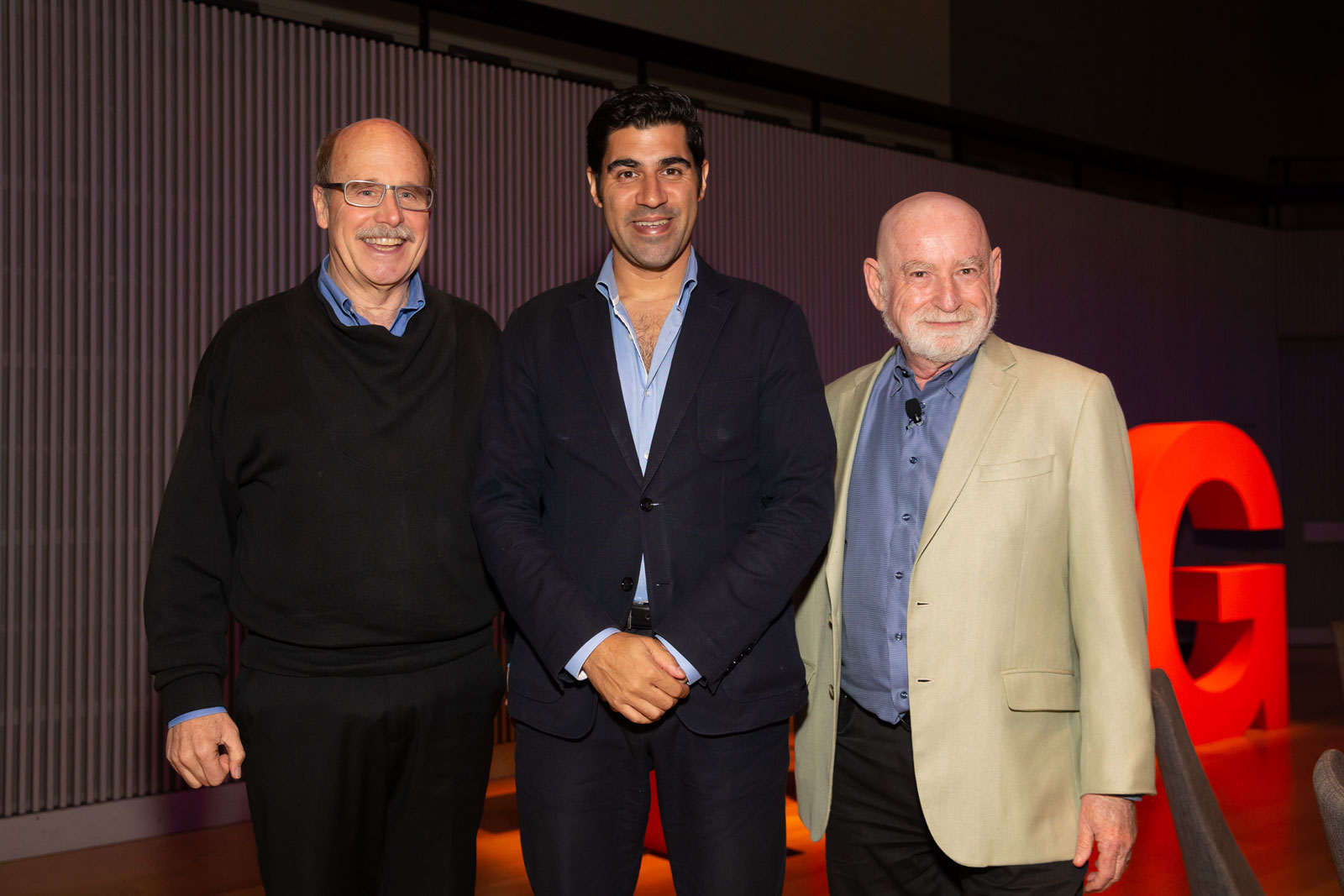
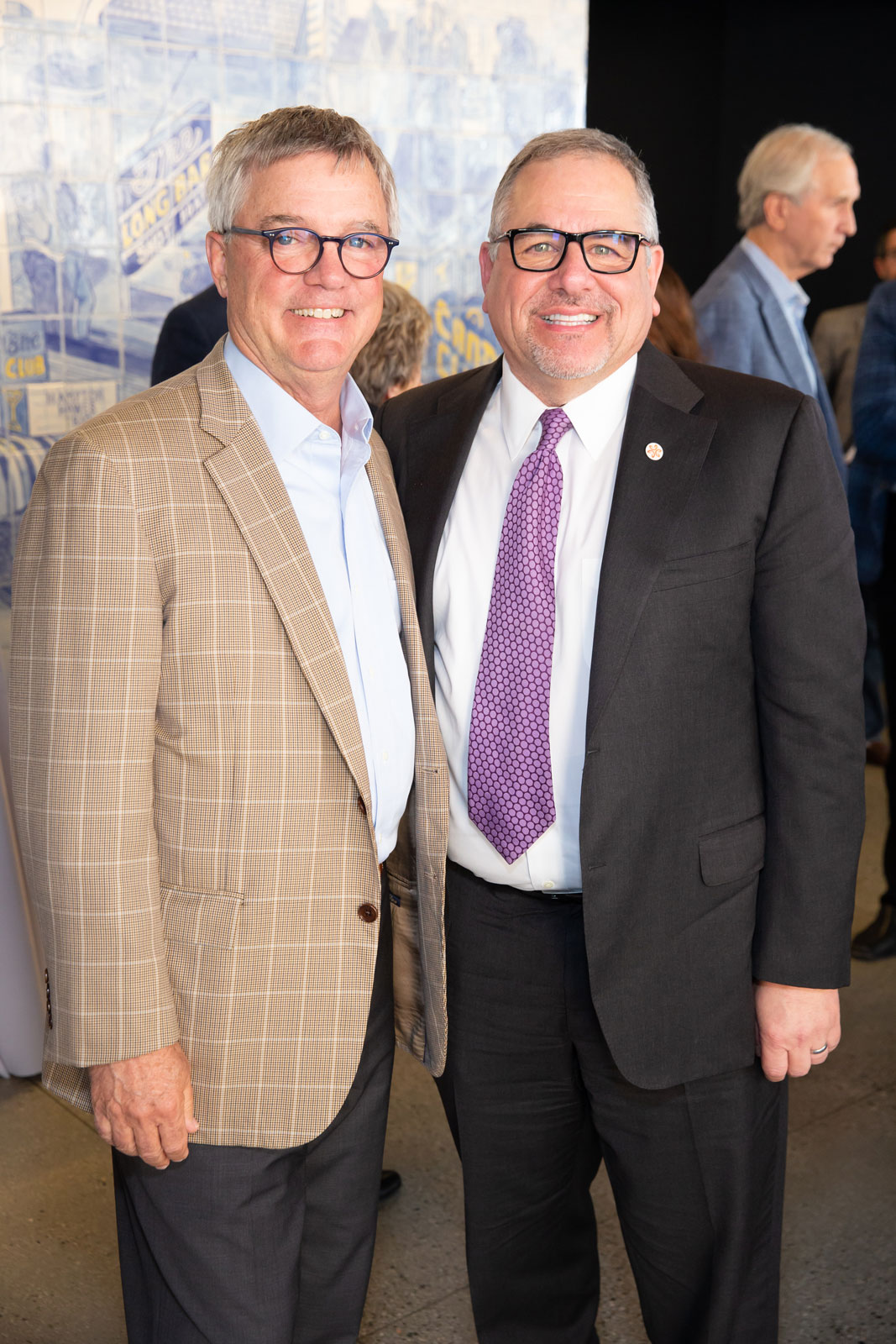
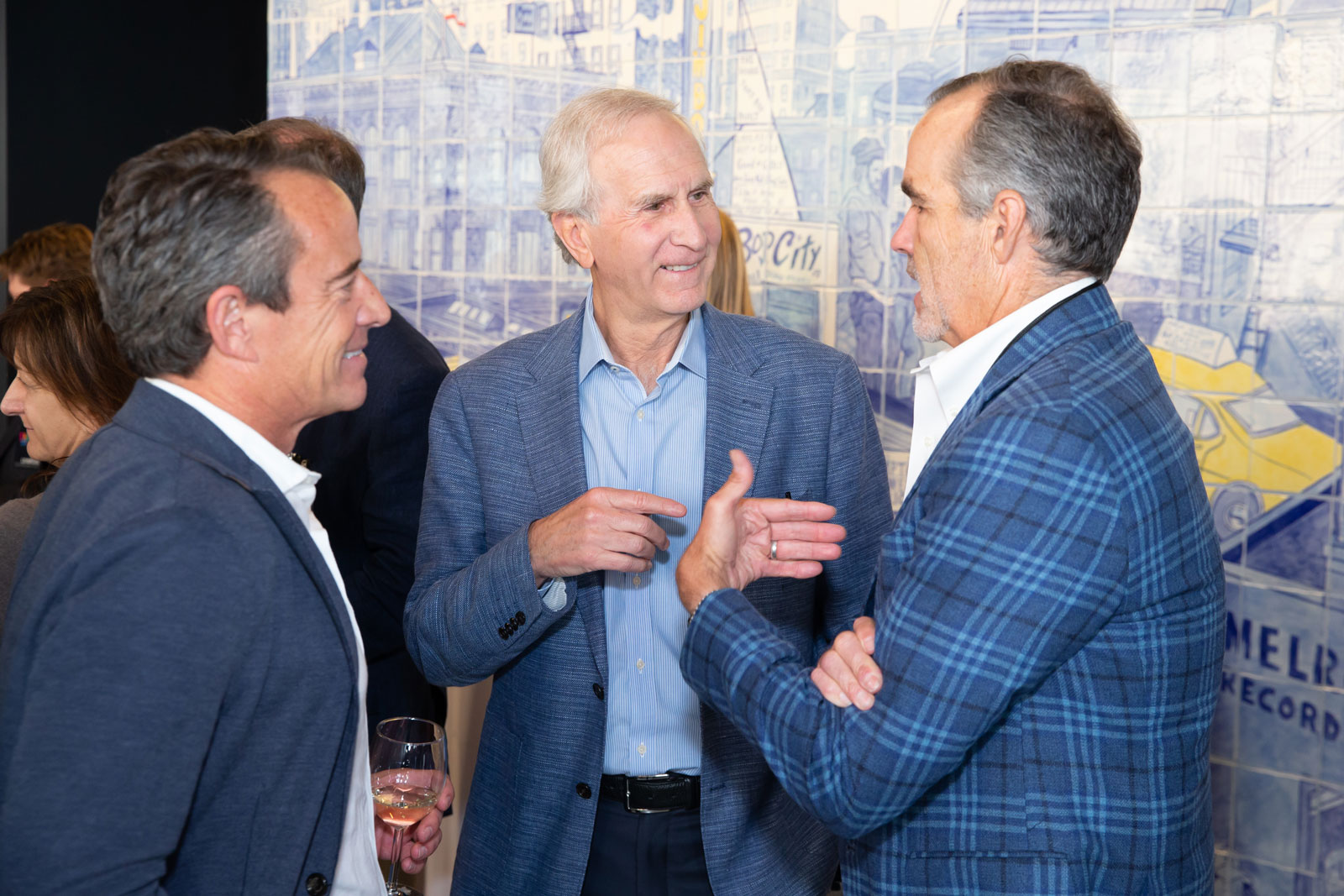
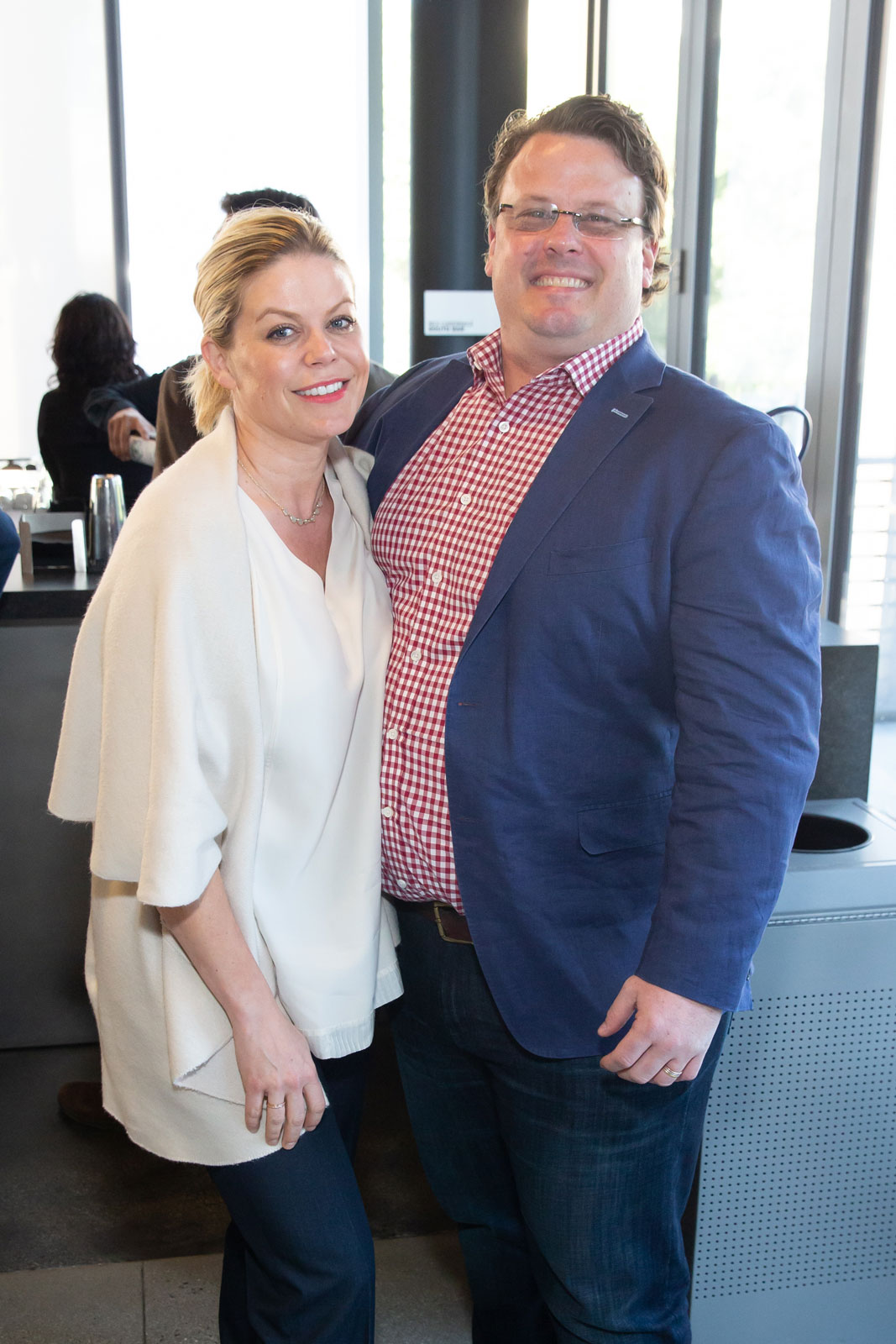
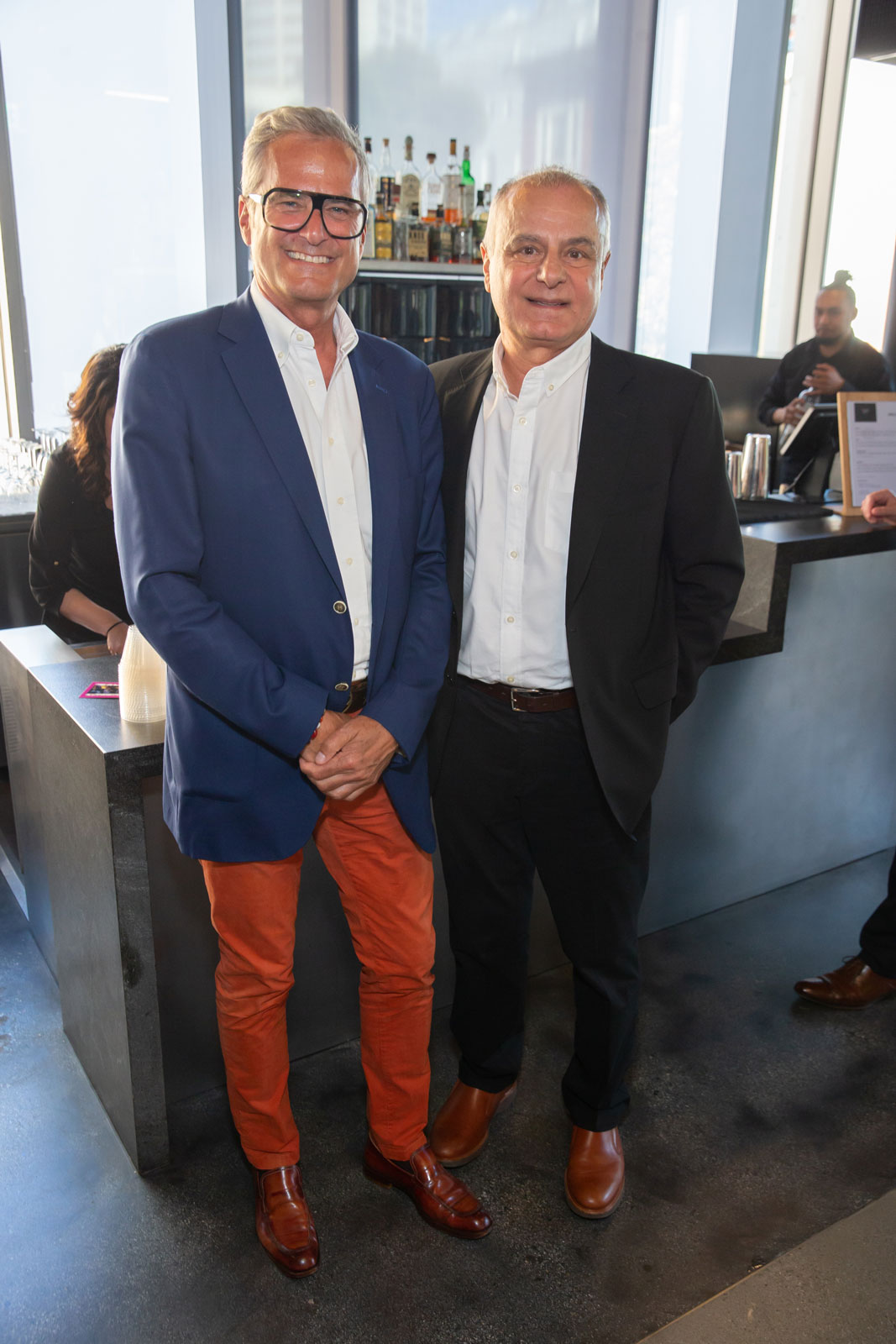
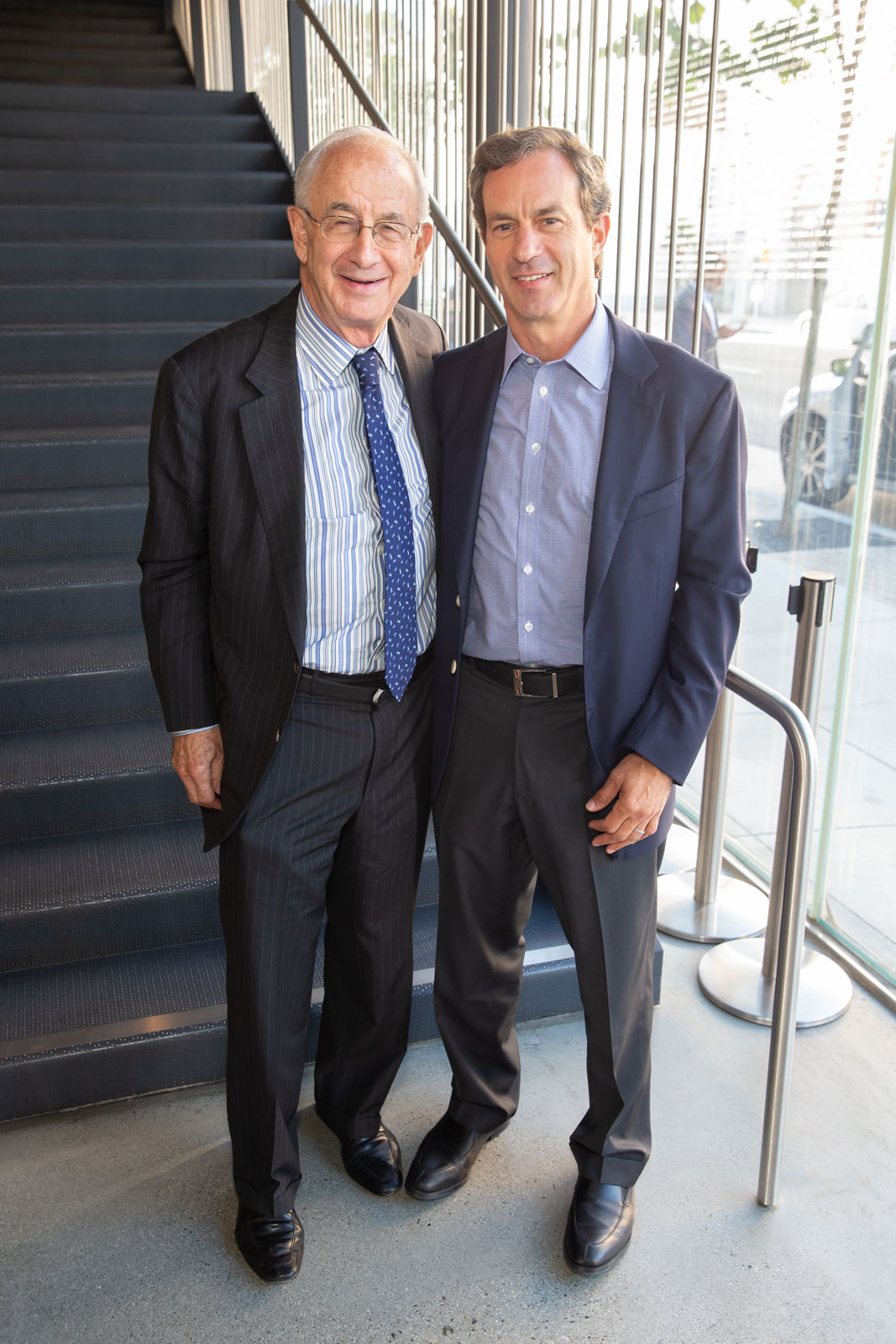
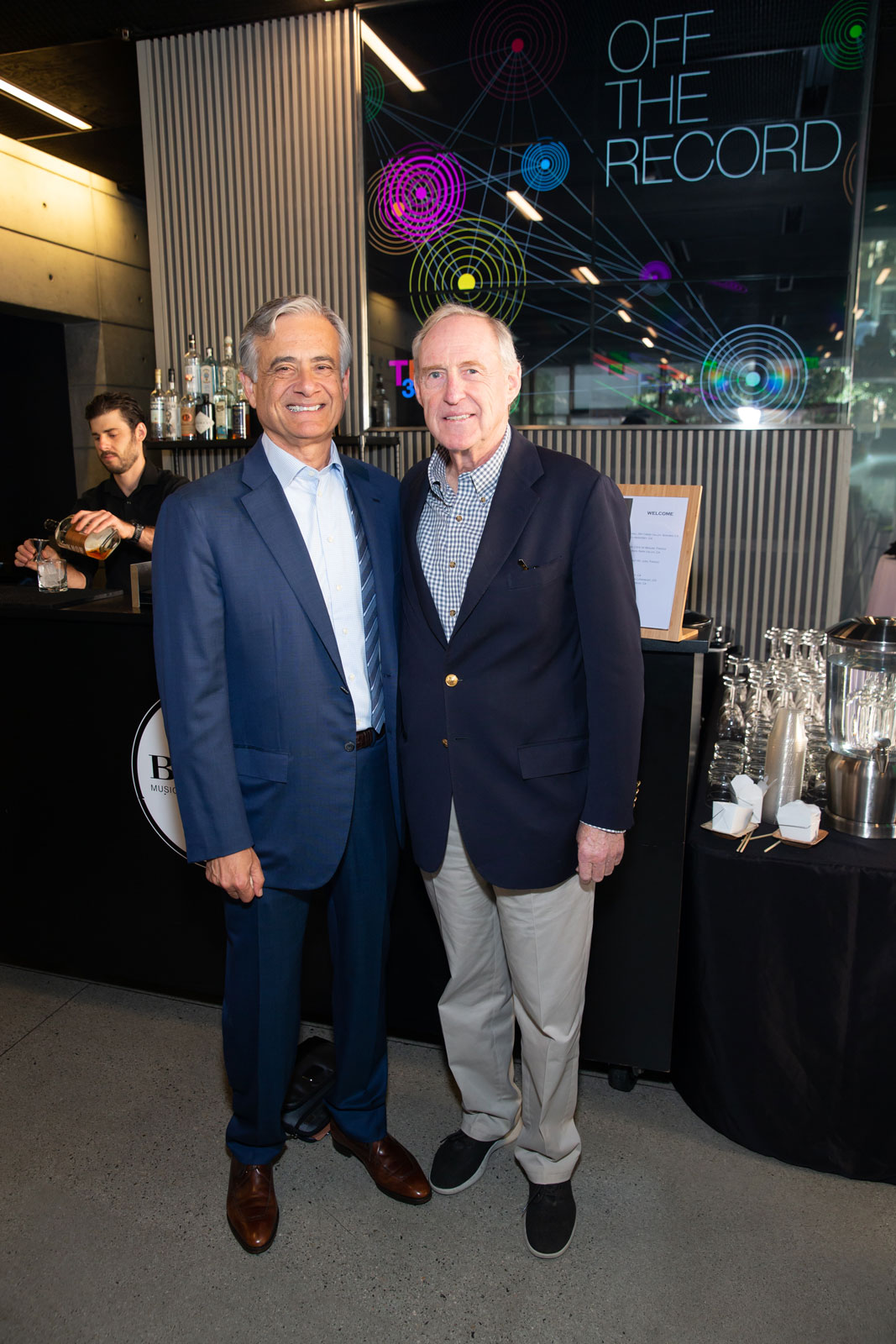
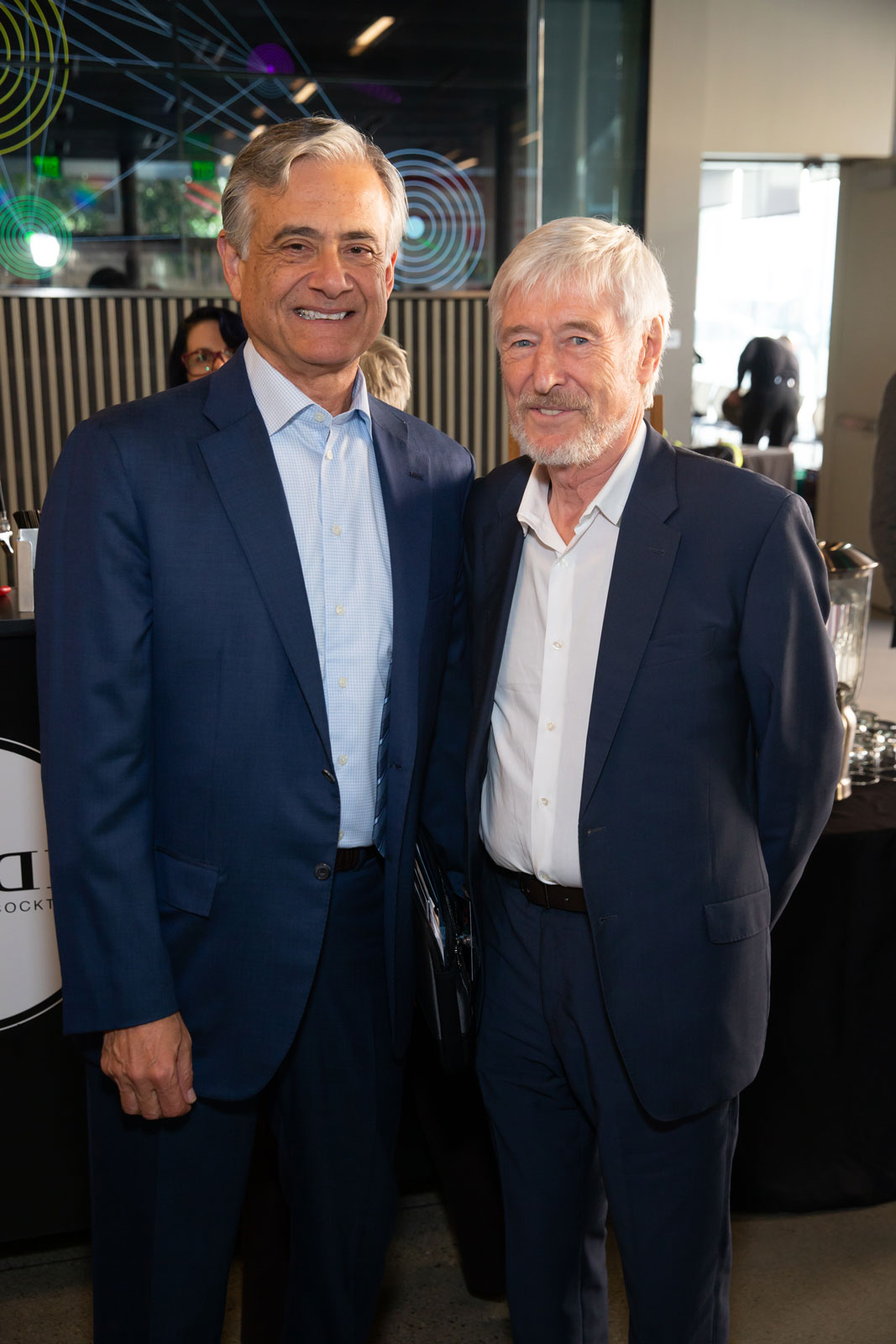
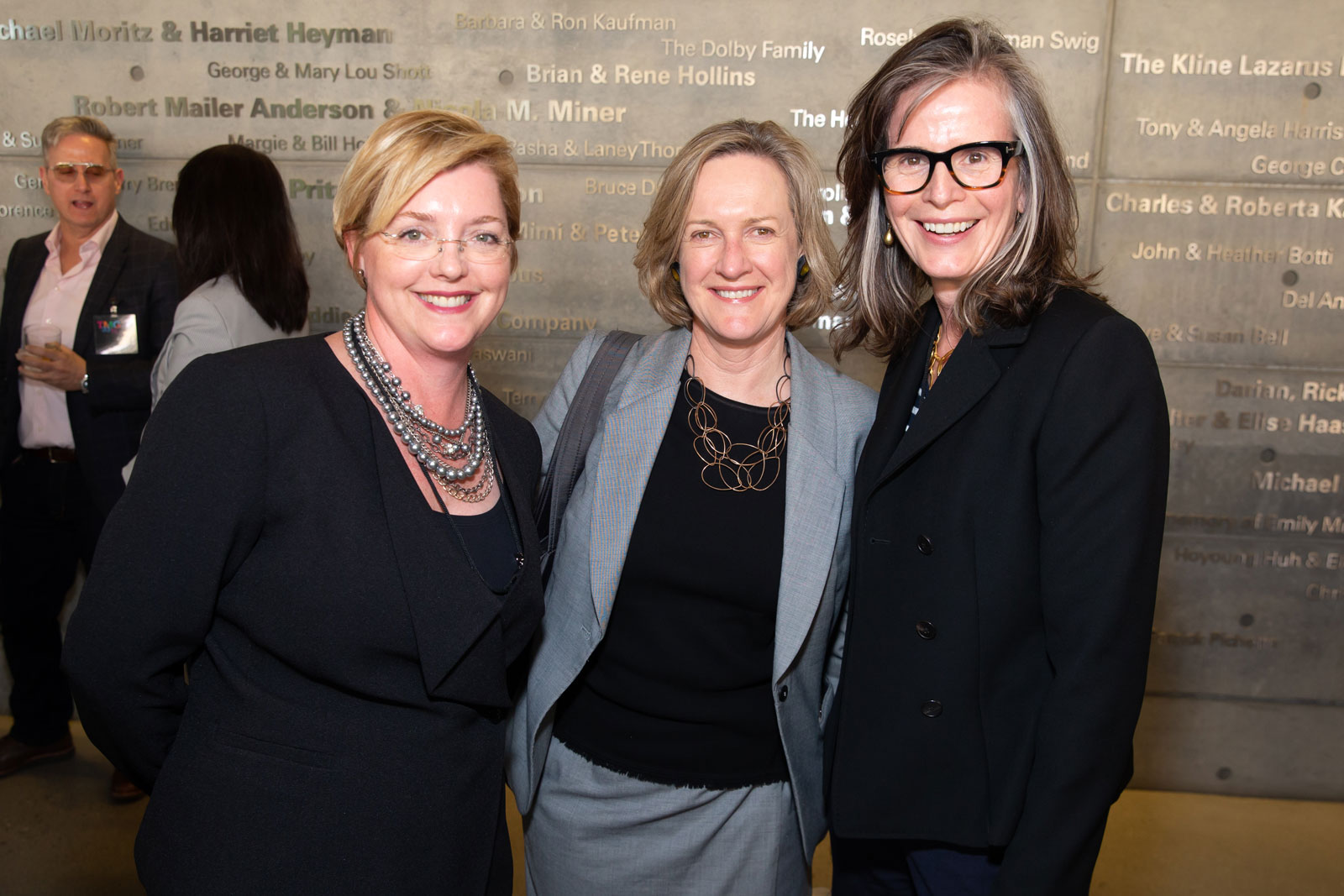
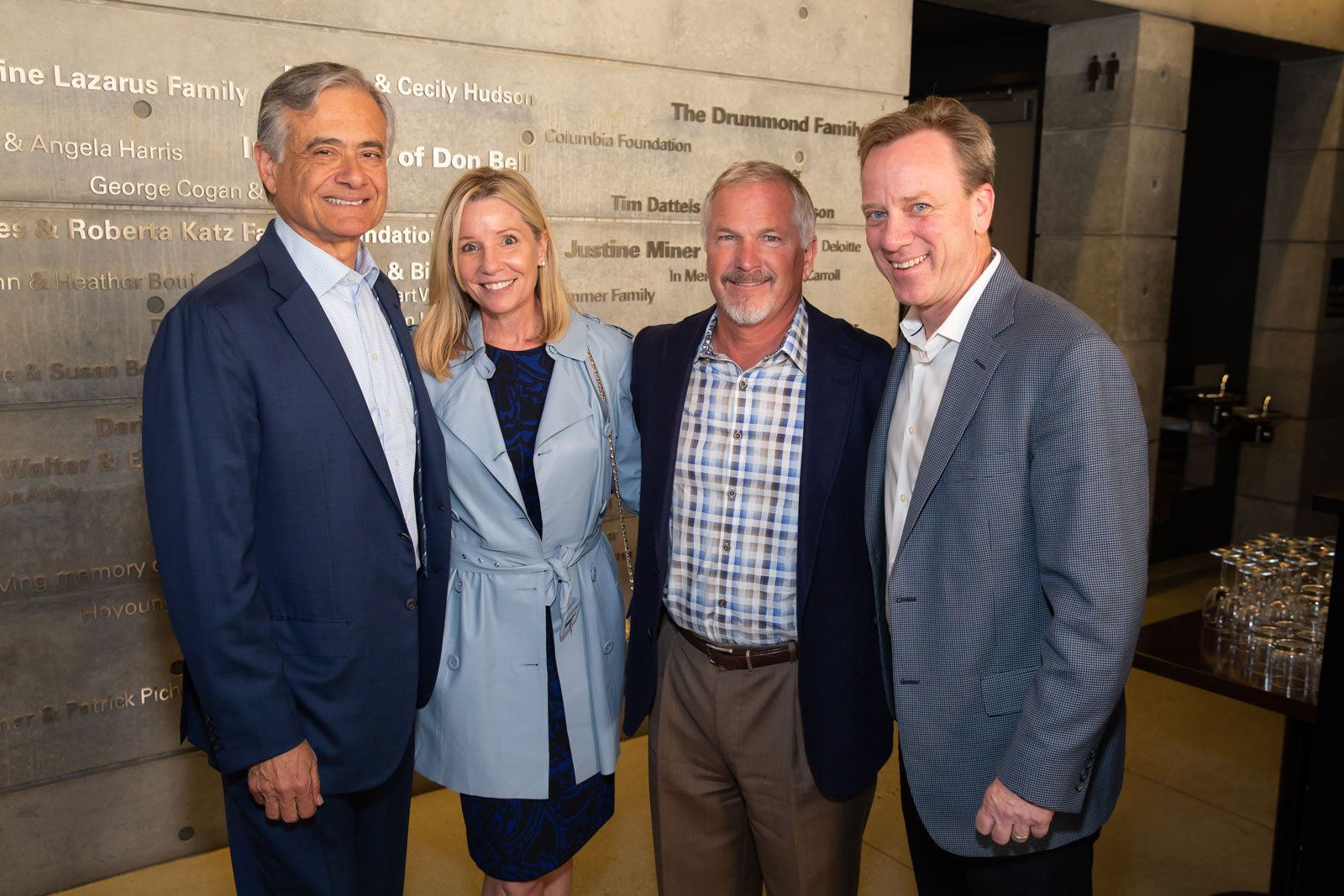
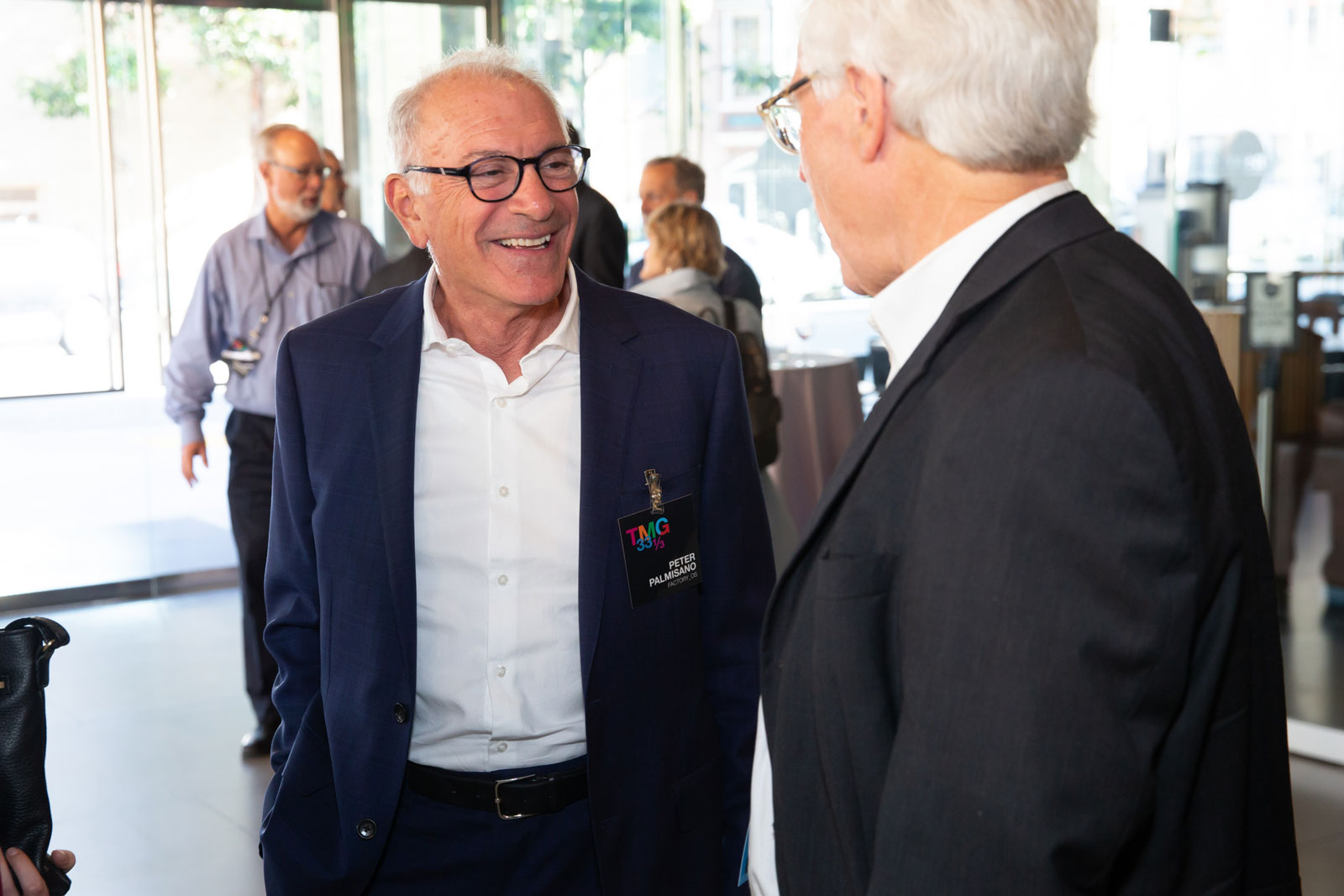
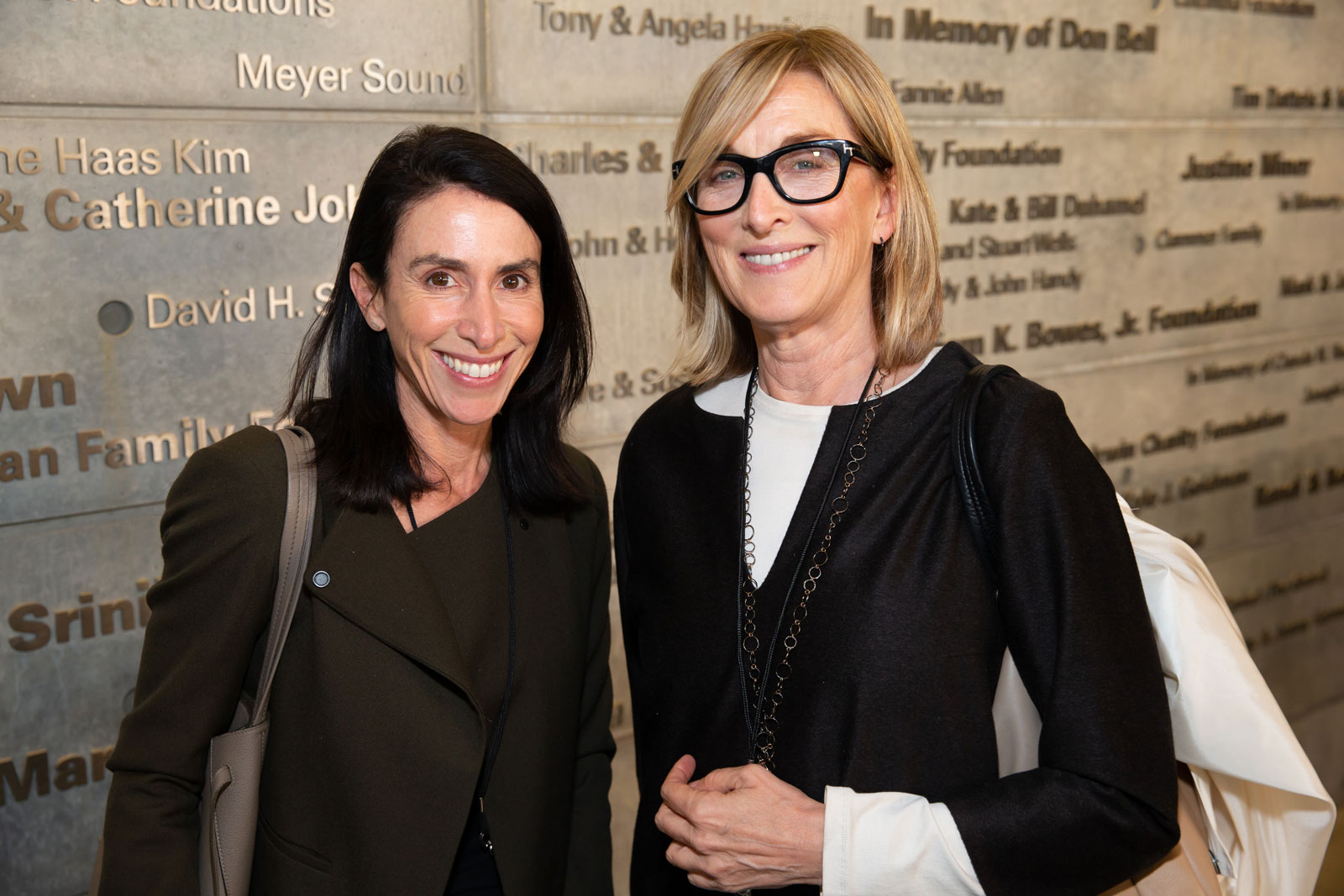
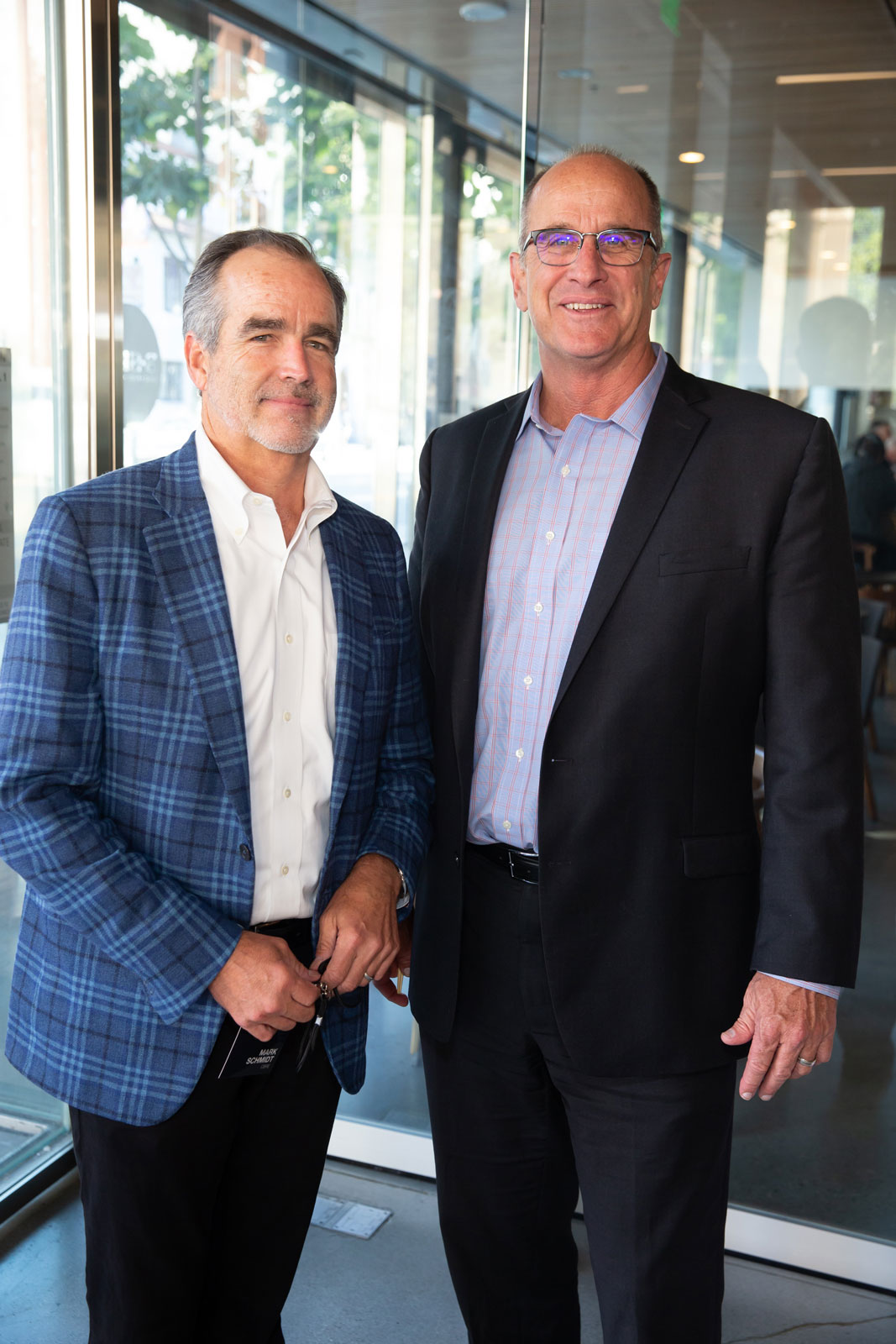
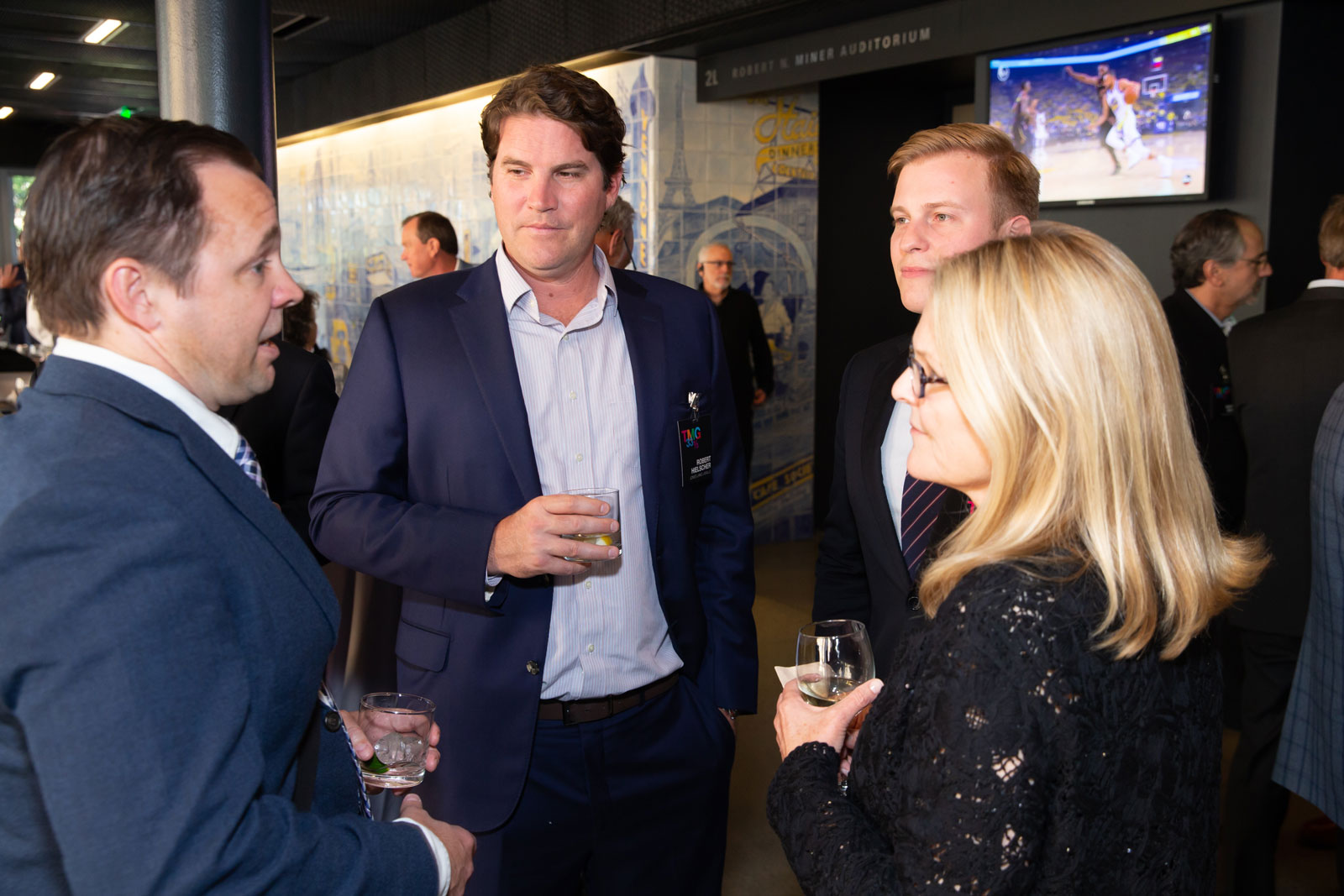

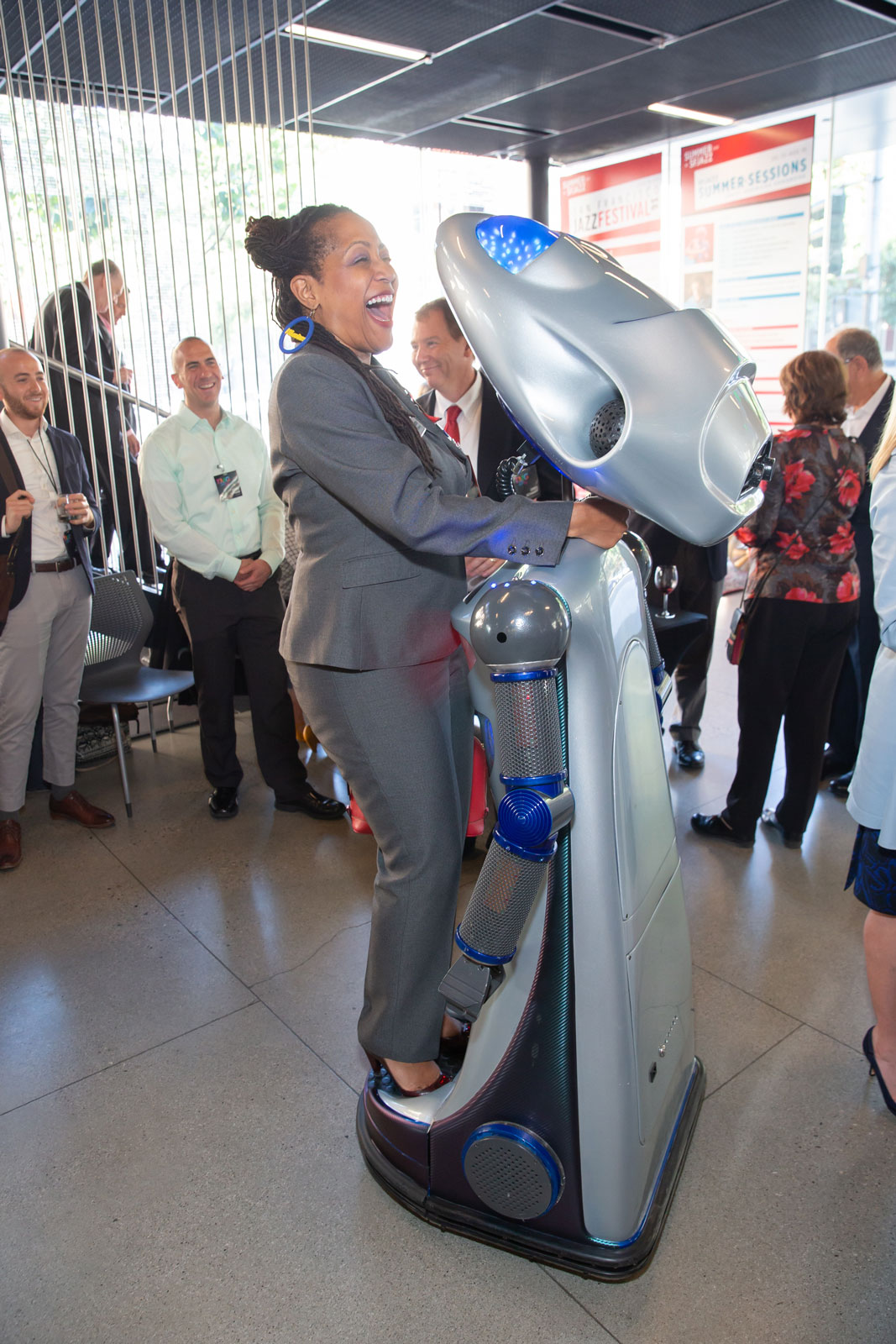

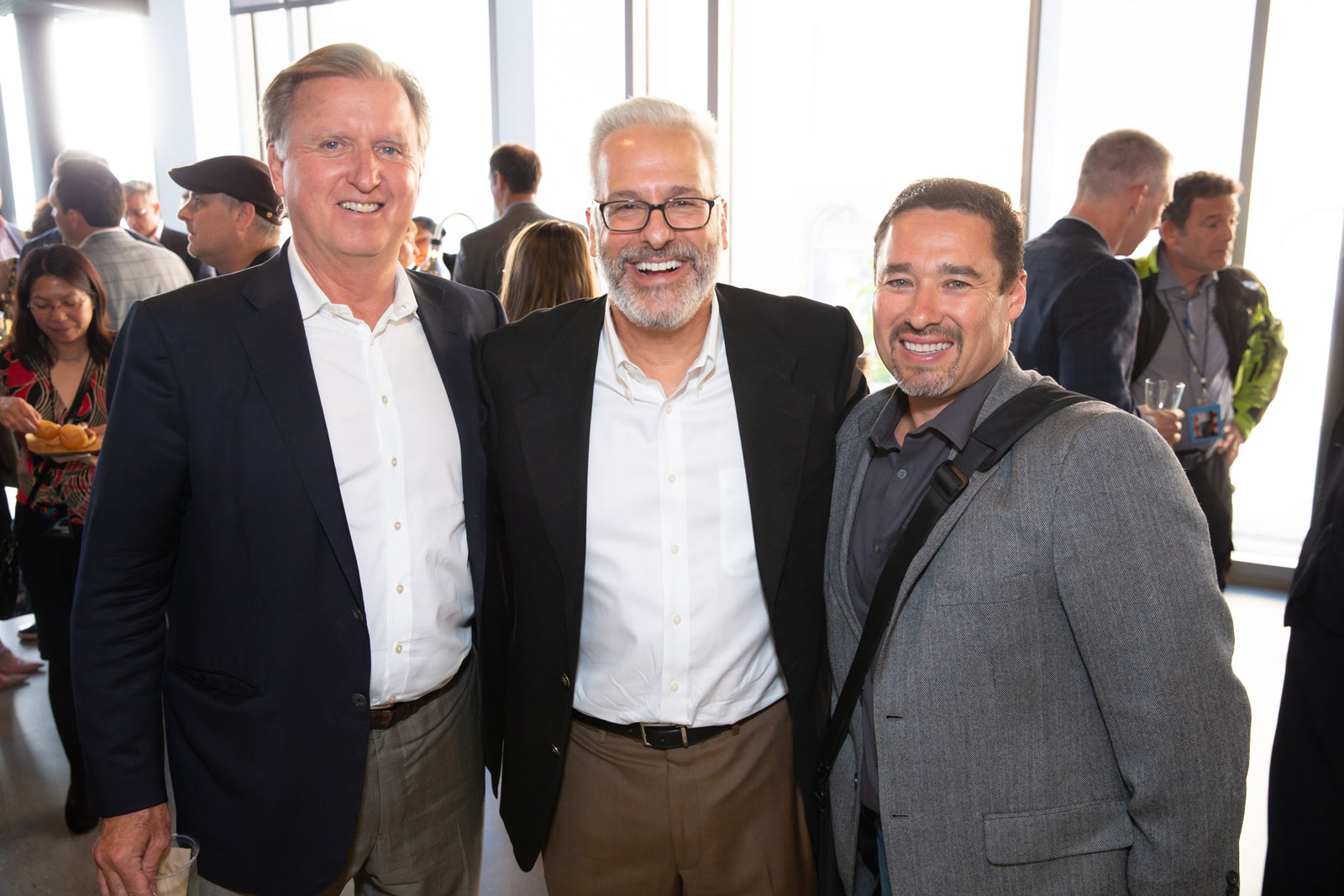
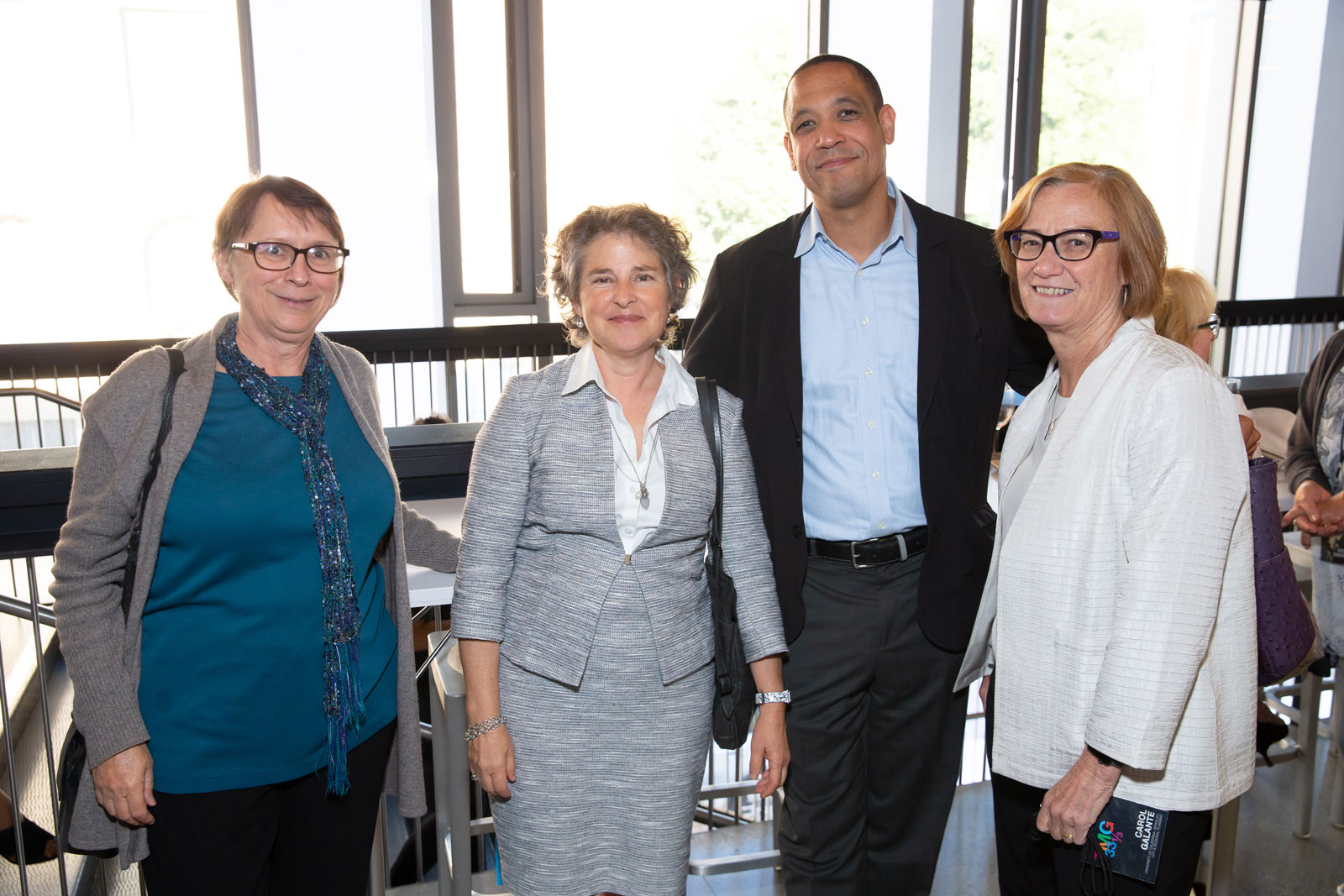
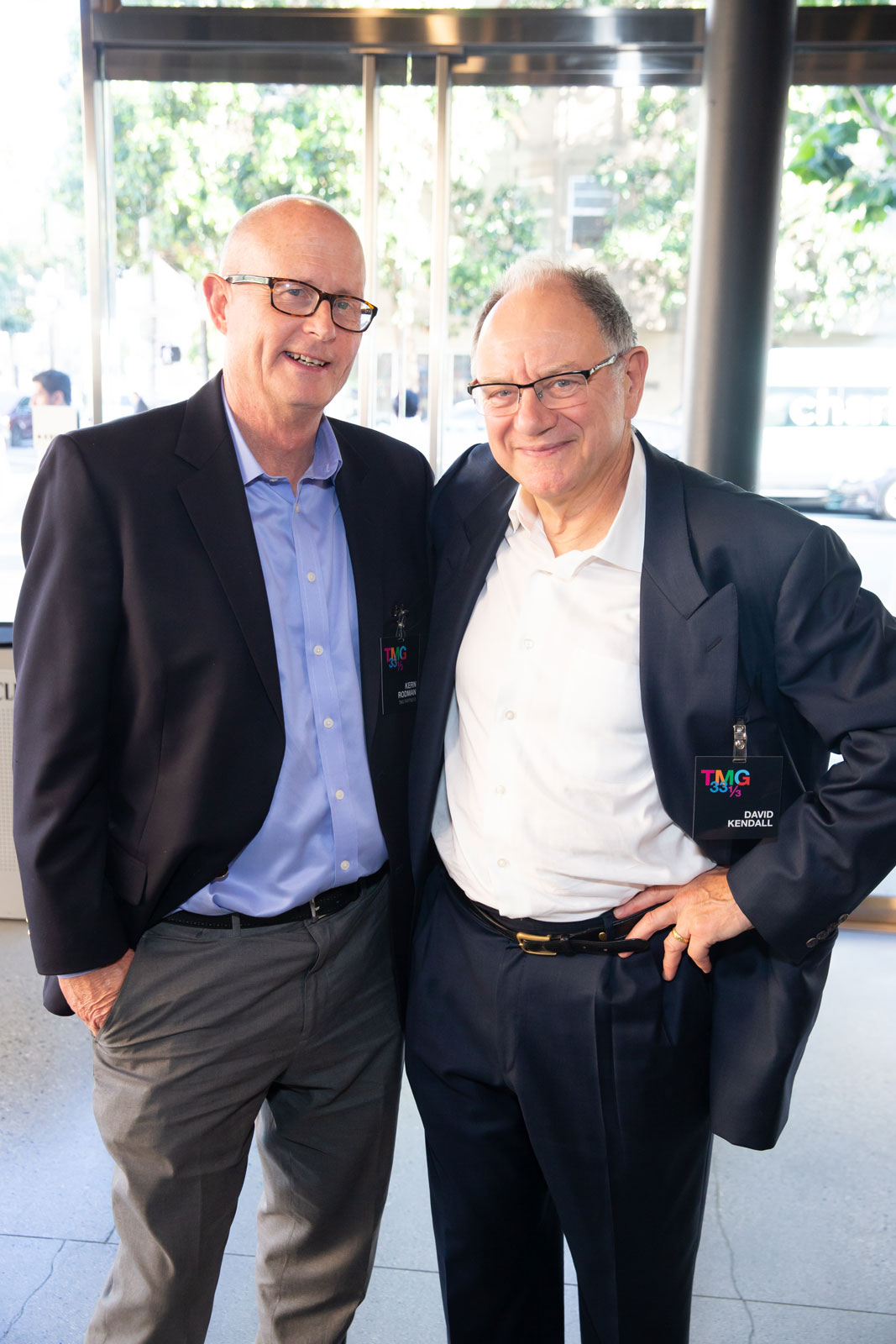
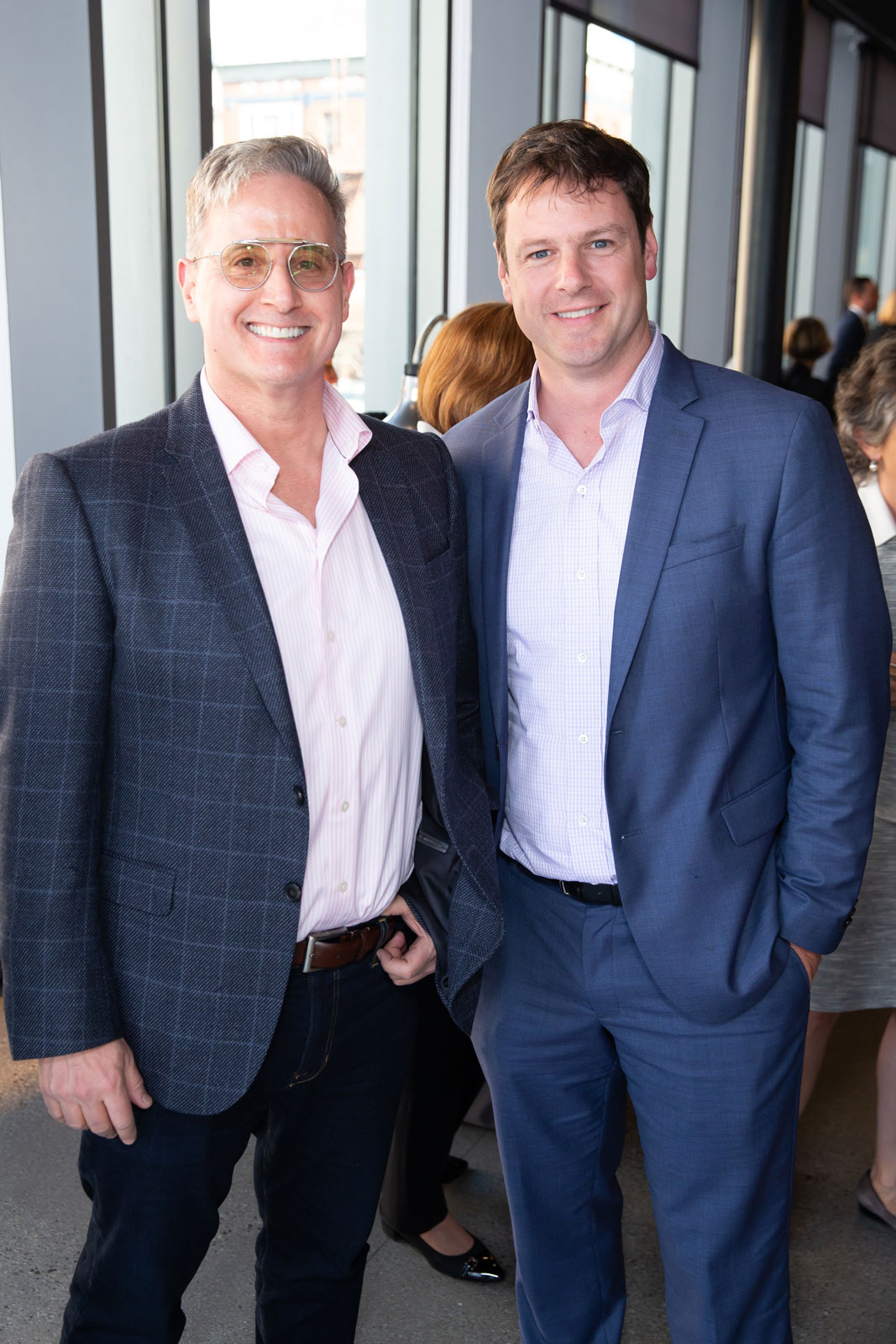
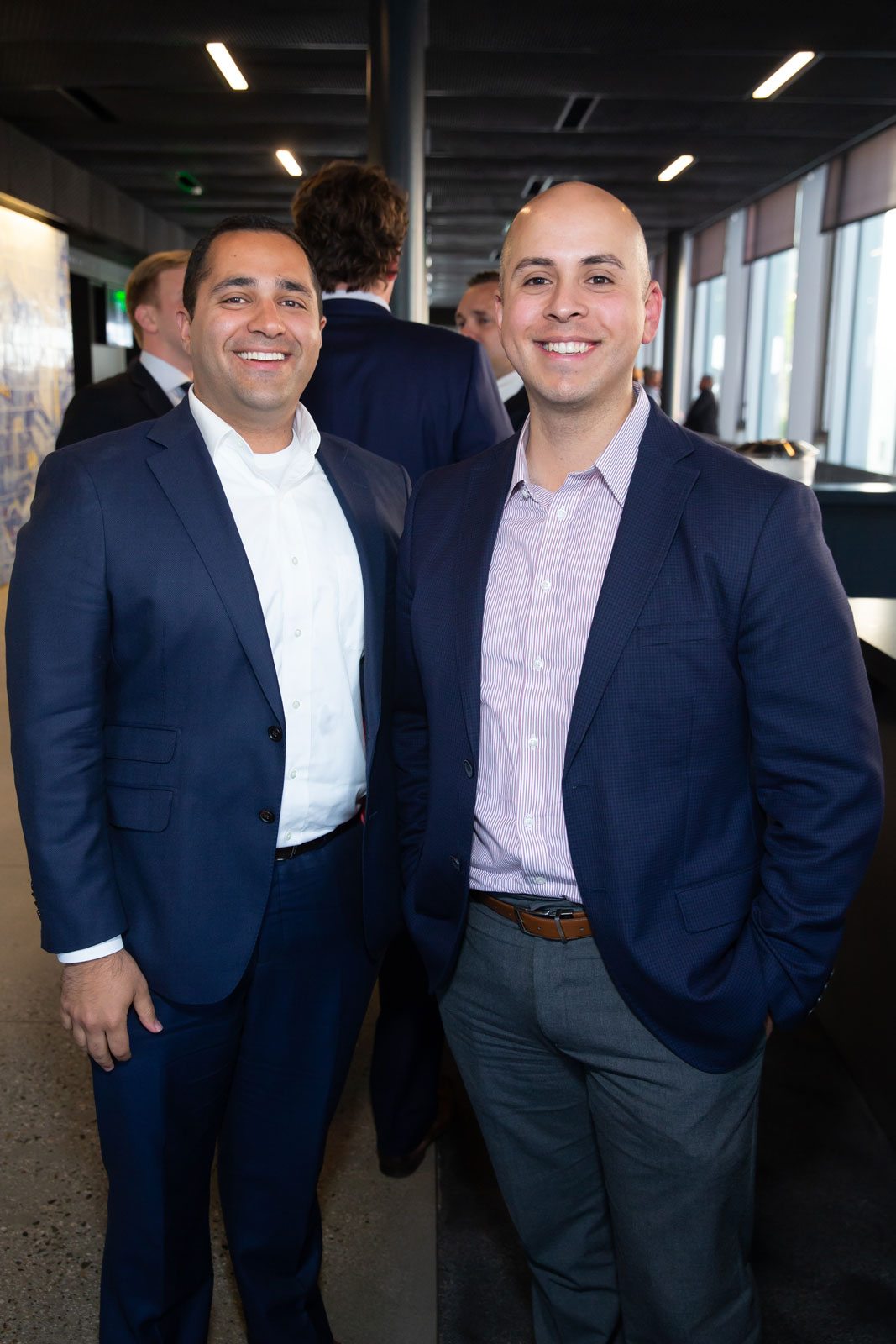
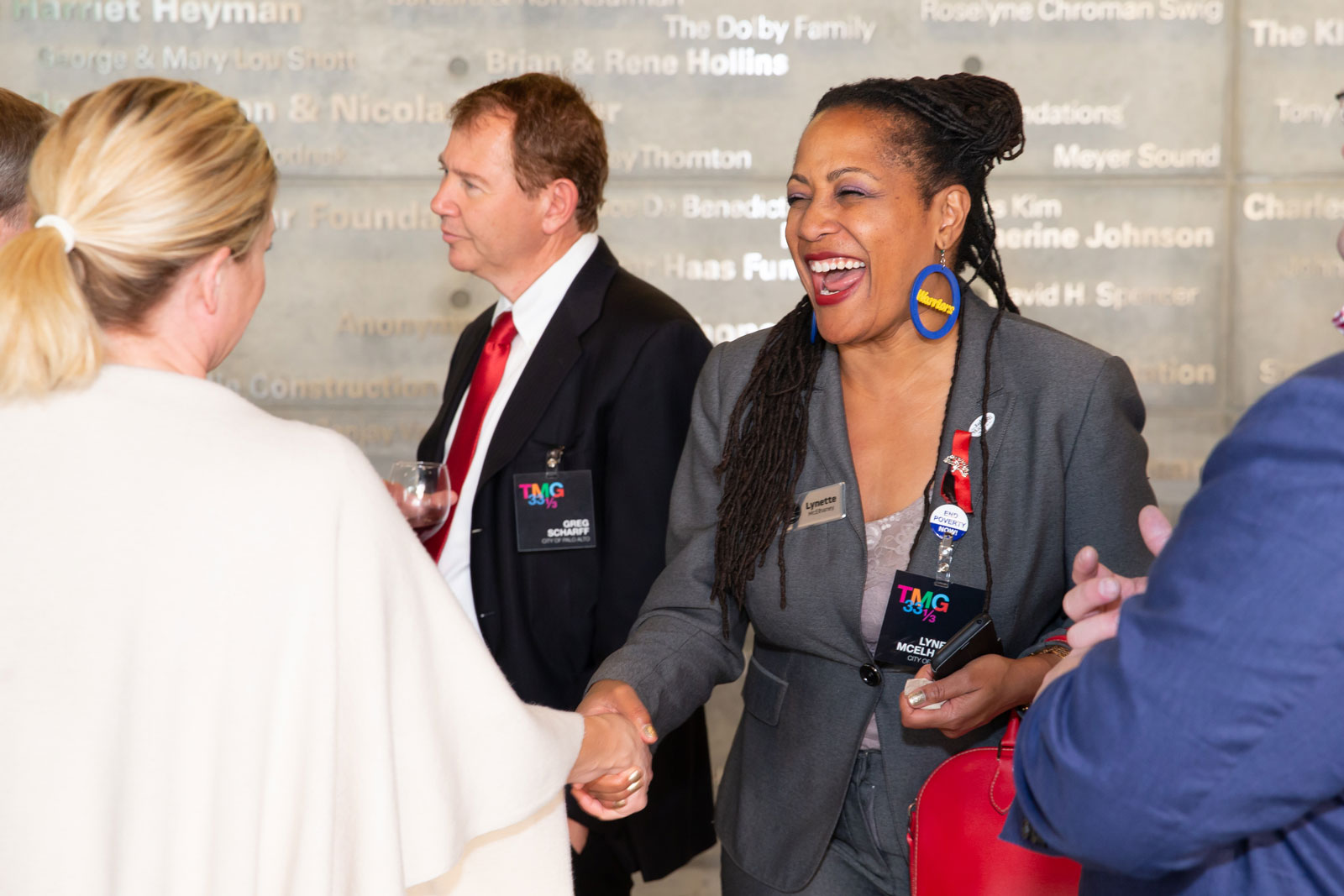
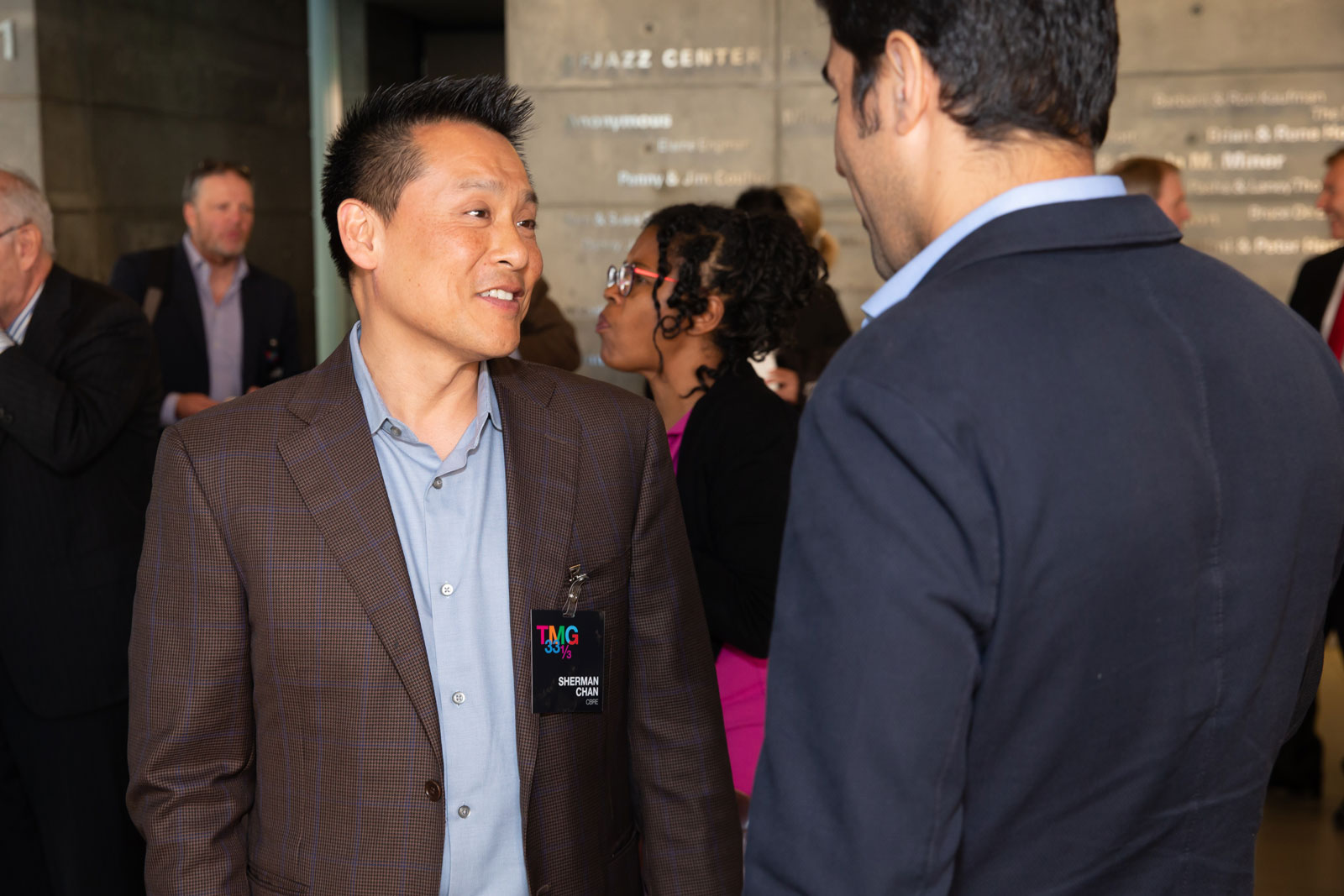
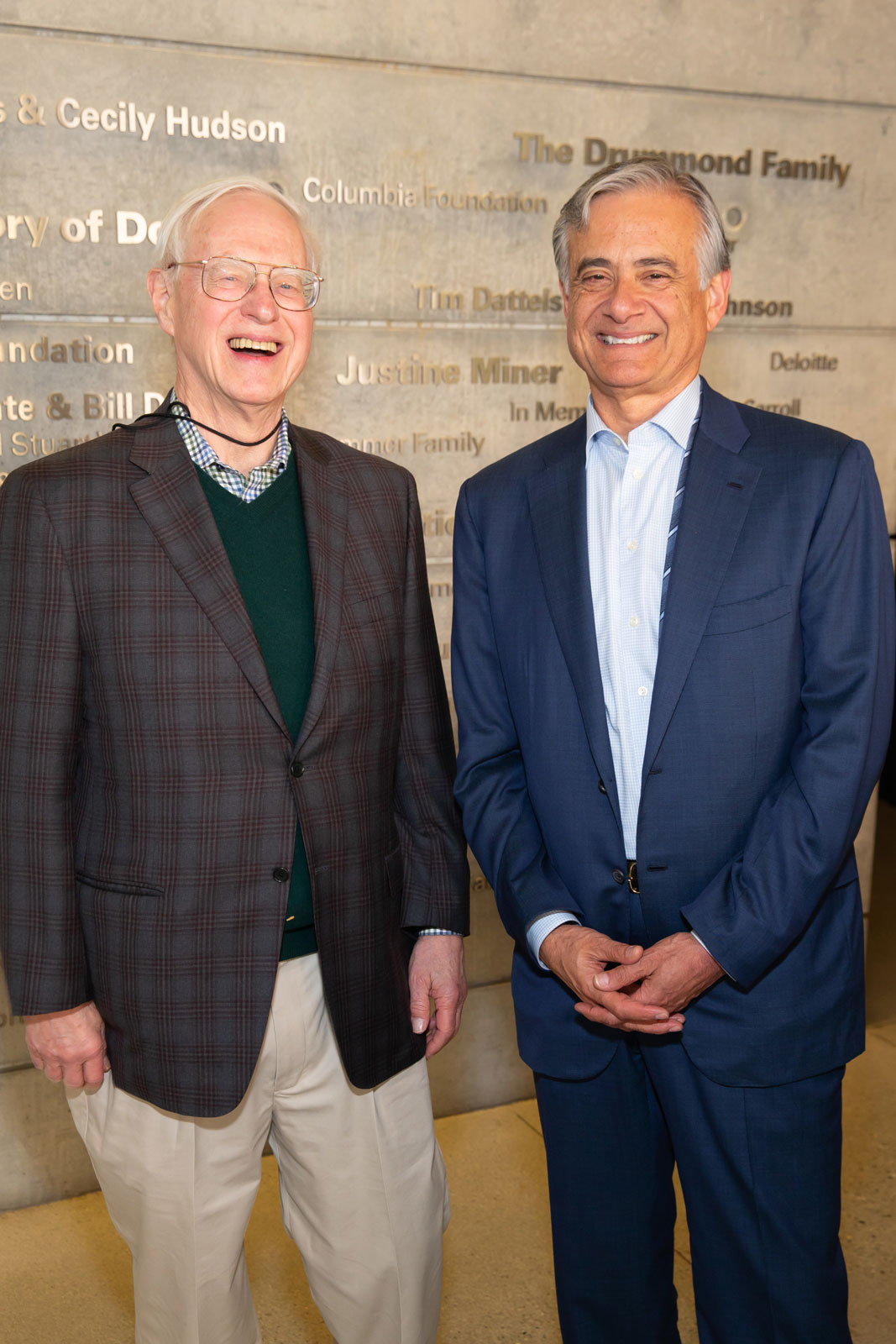
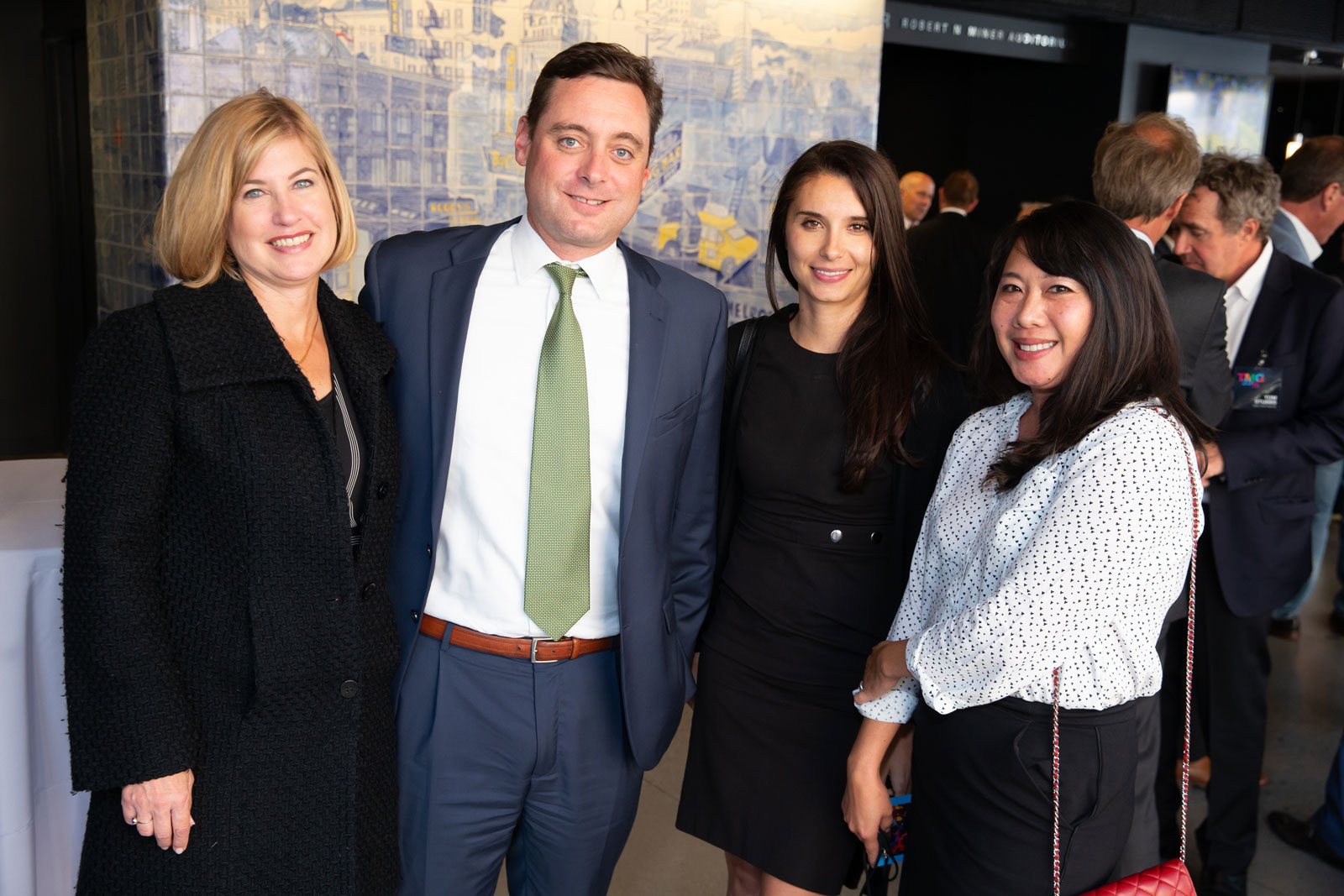
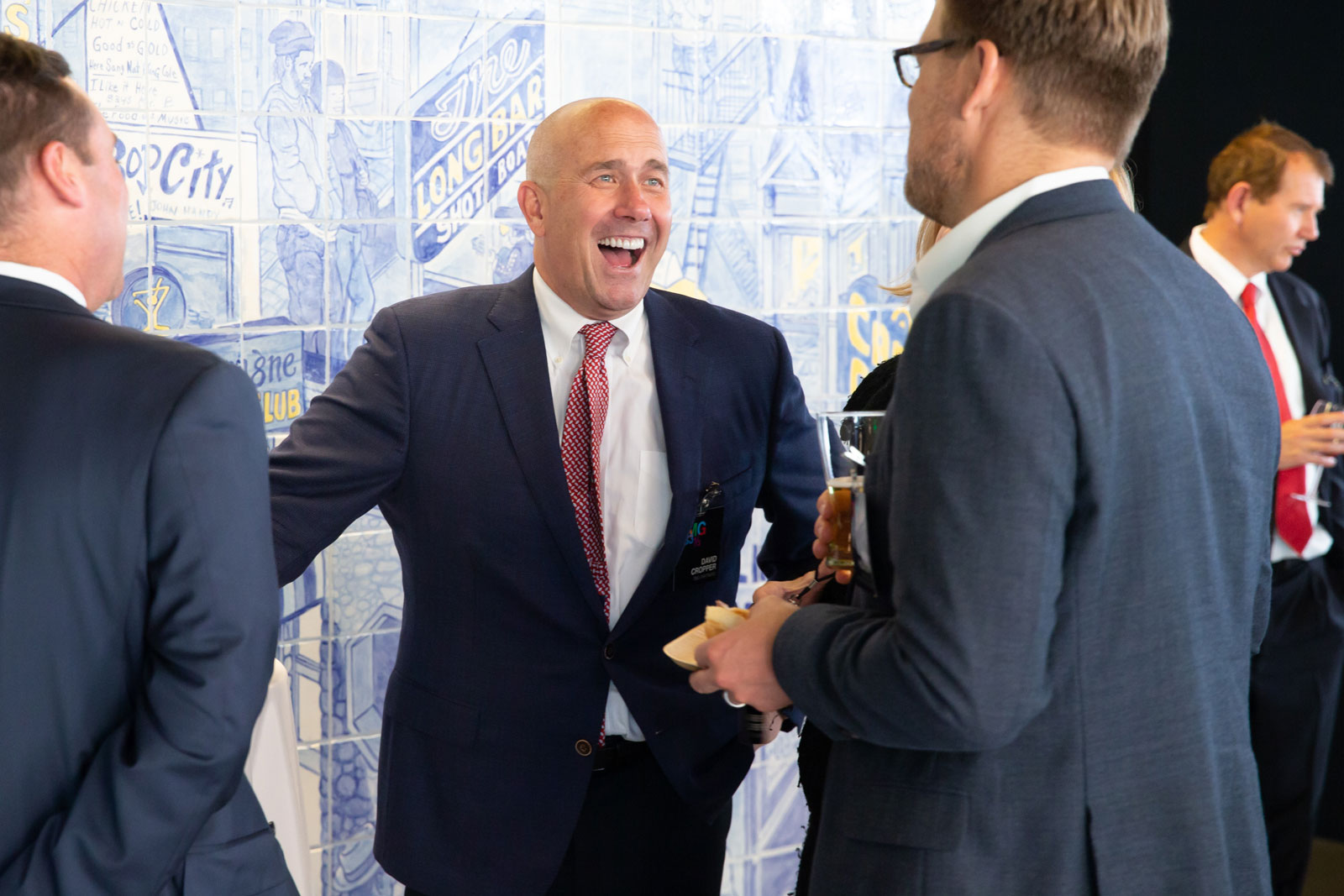
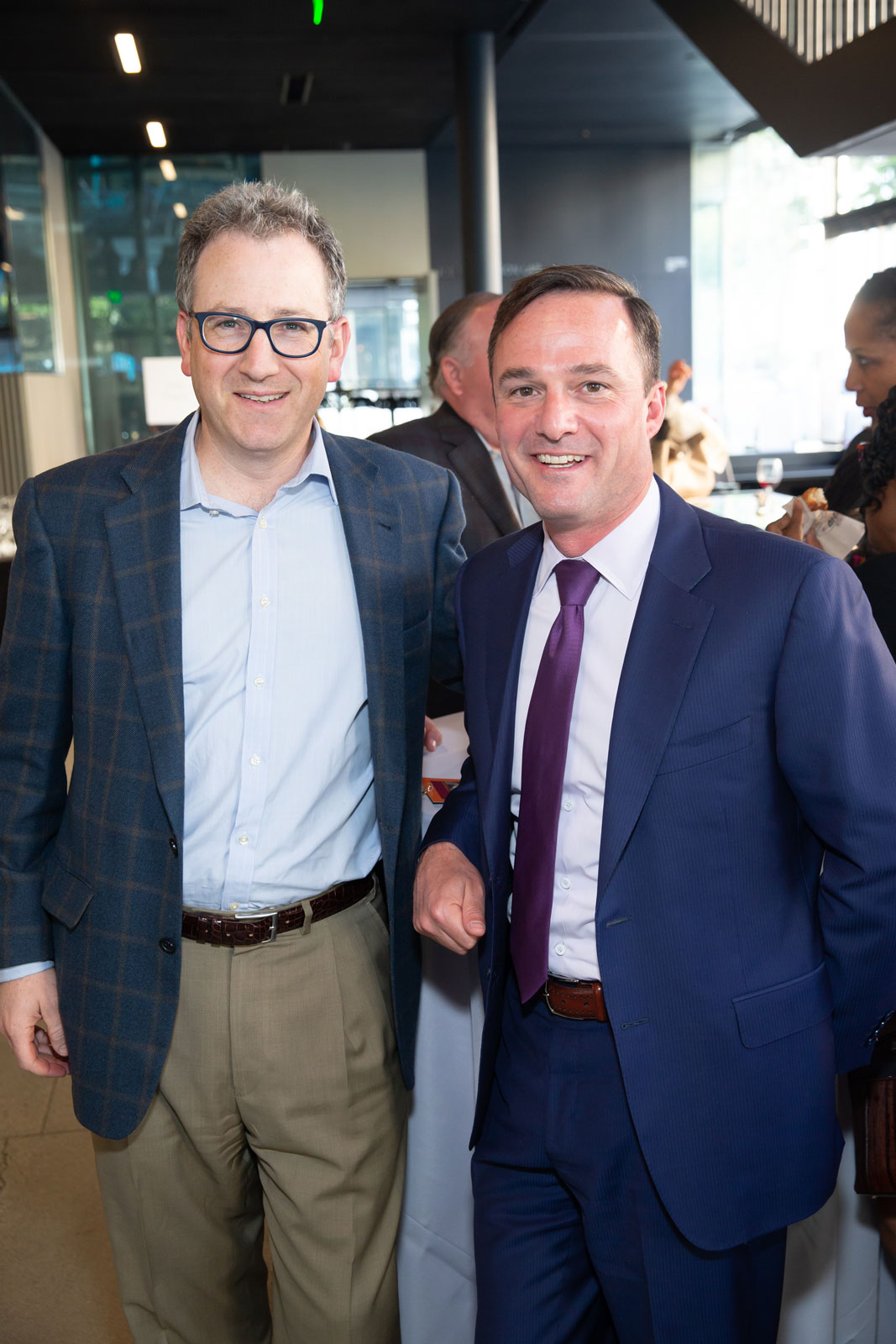
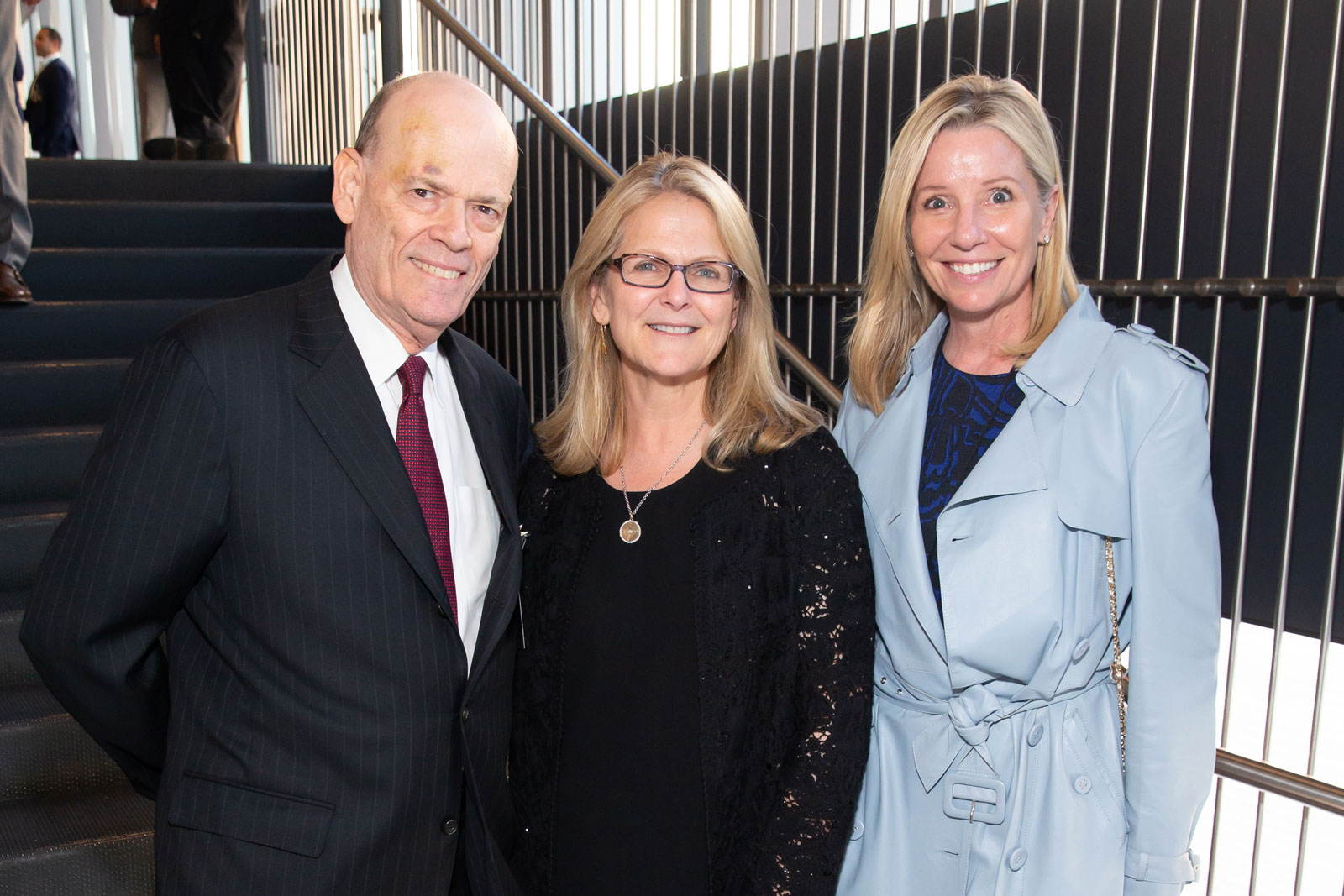
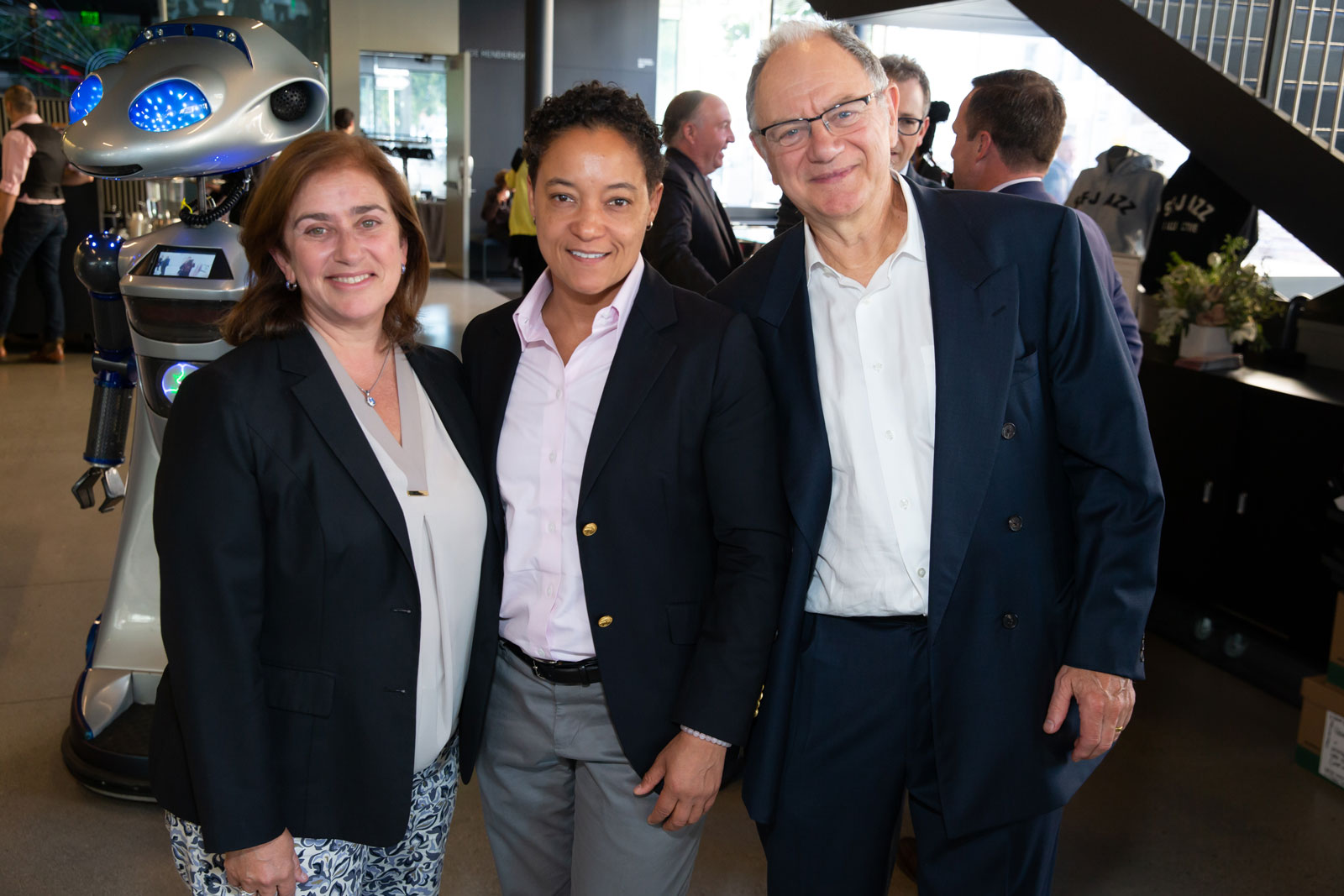
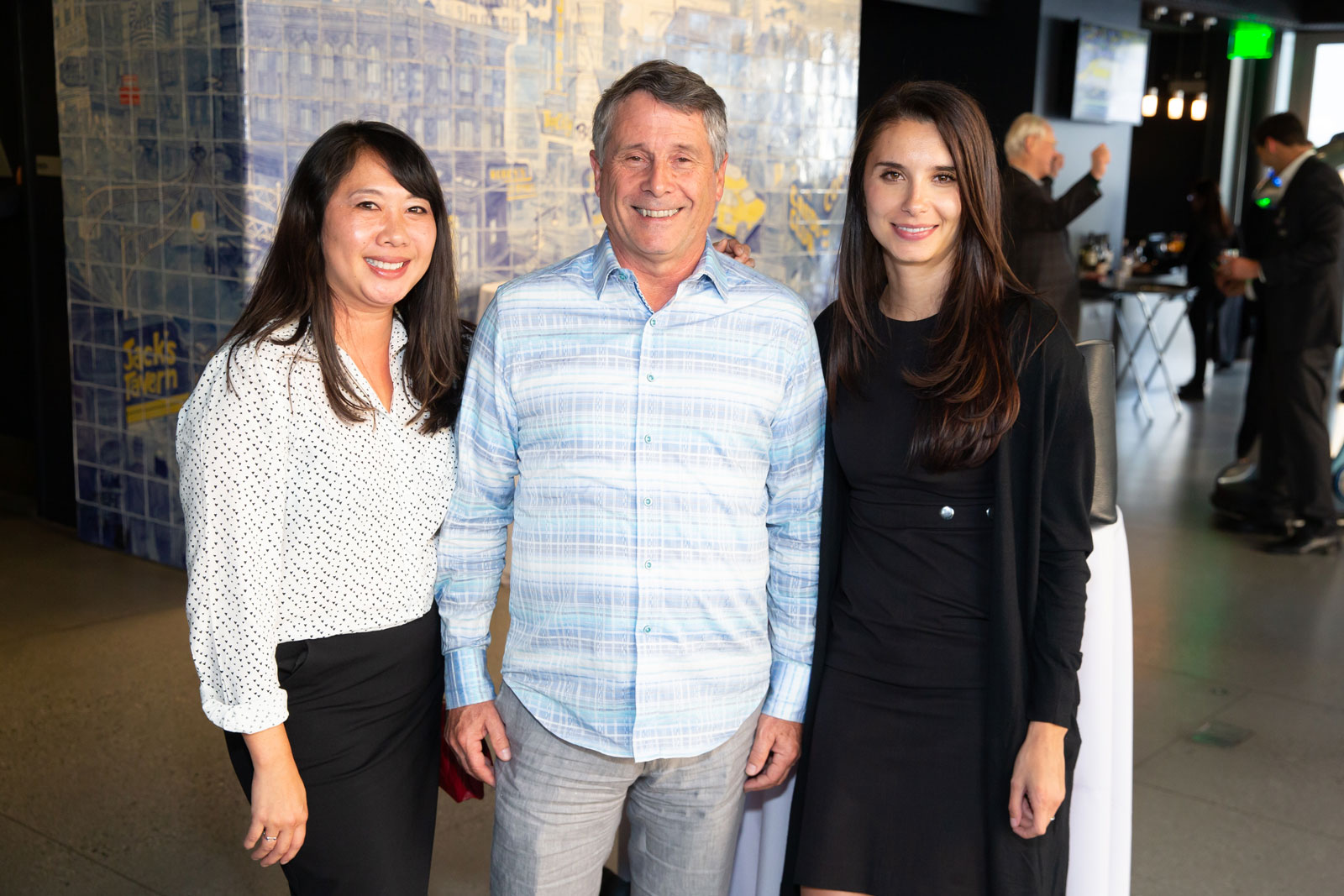
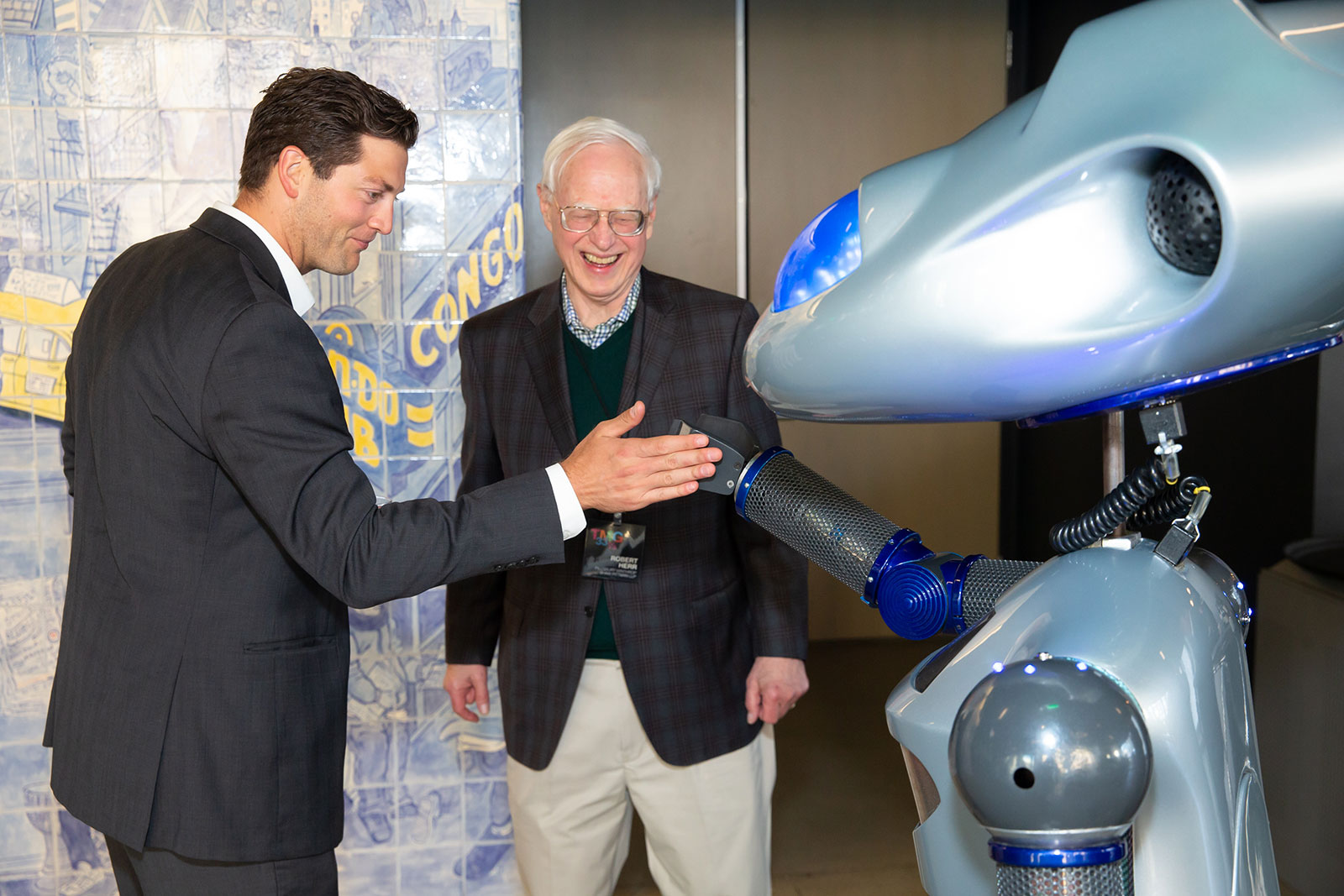
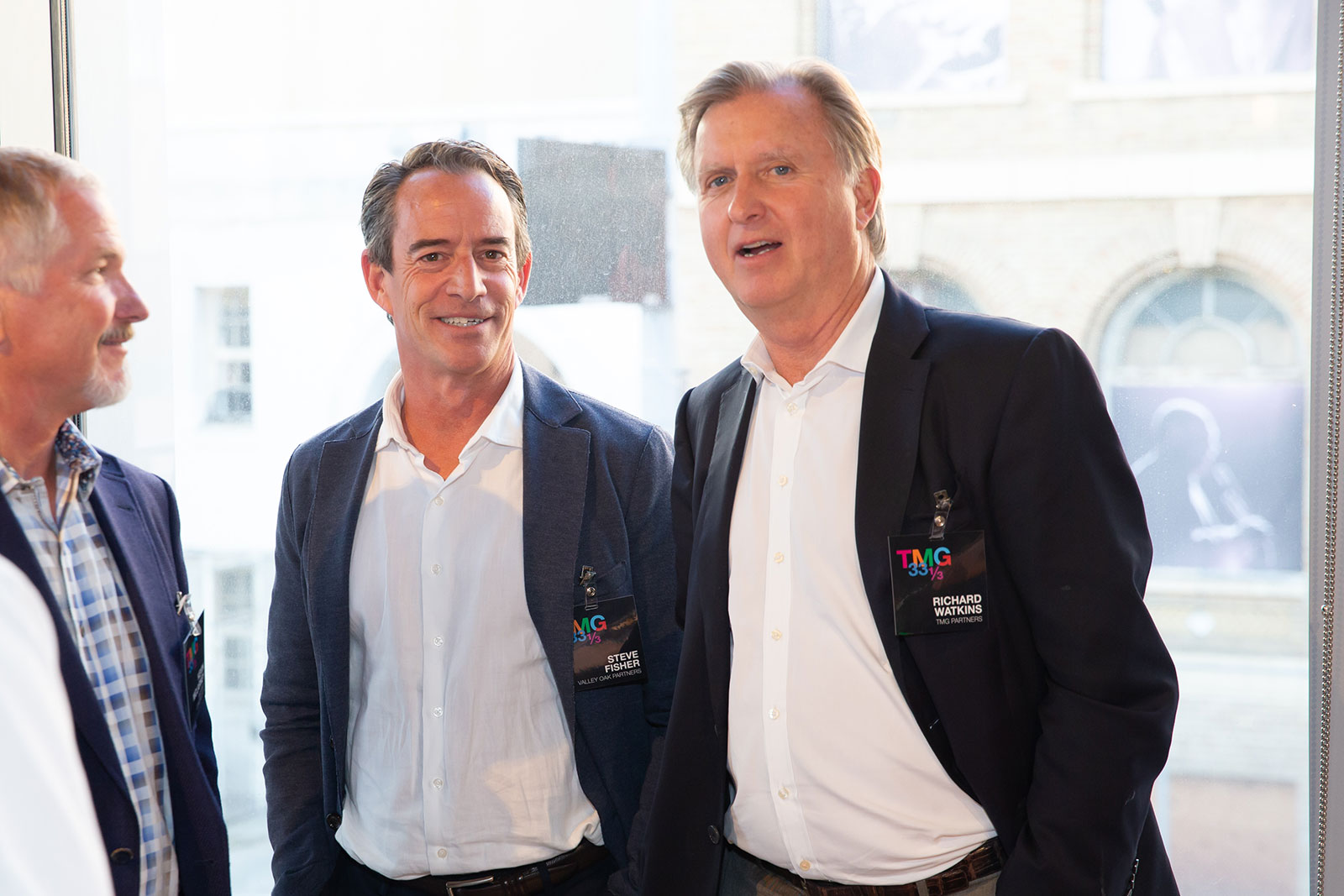
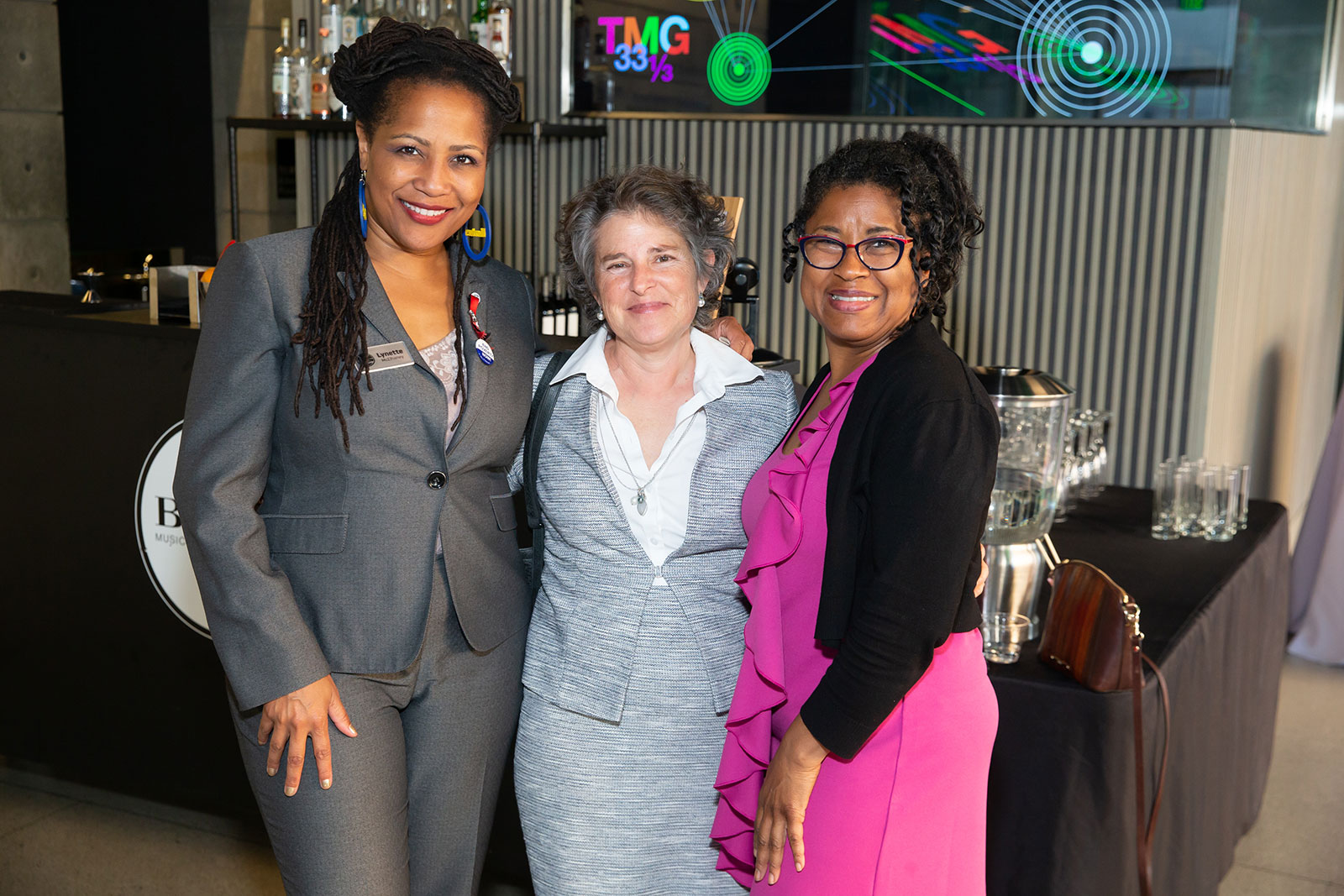
Comments